1800
Pierre L'Enfant completes the White House in Washington, D. C.
Pierre L'Enfant completes the White House in Washington, D. C.
Tobacco plantations are established in Ontario.
Paste smoking arises in China.
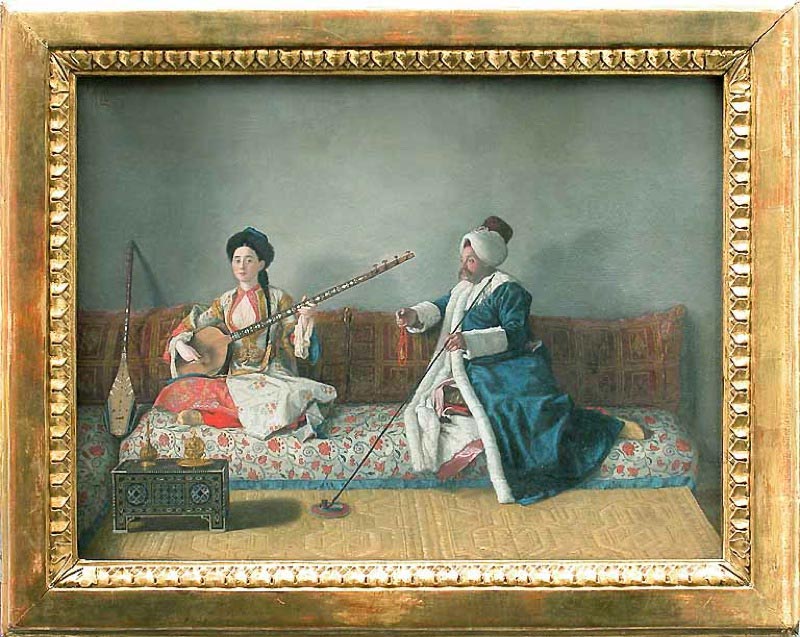
The Levant Company purchases nearly half of the opium traded through Smyrna.
The shako becomes a common form of military headgear.
Matthias Koops experiments with using wood pulp to make paper.
Napoleon founds the Bank of France.
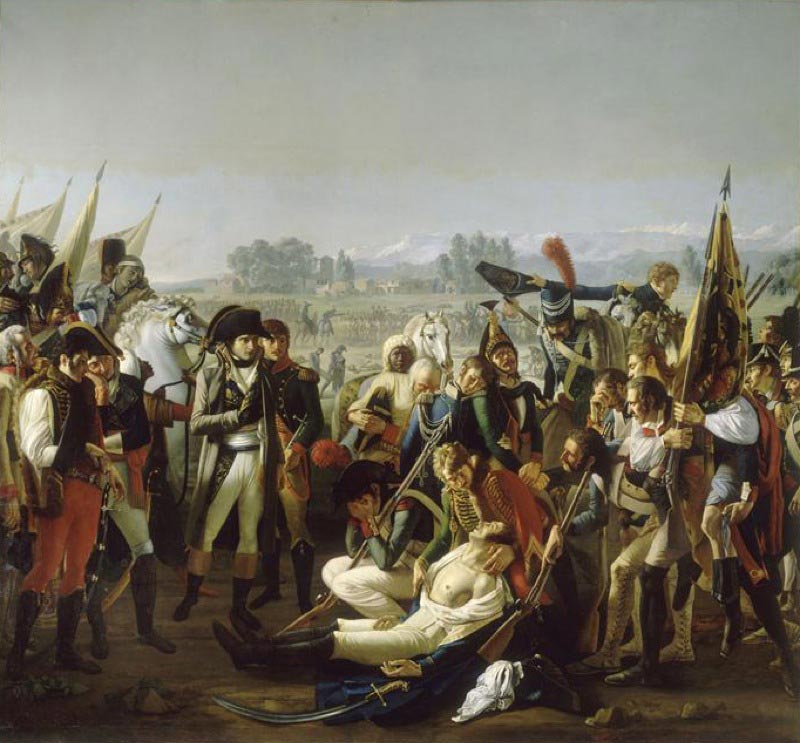
Battle of Marengo - Napoleon achieves a decisive victory over the Habsburg forces.
Robert Fulton designs the Nautilus, the first successful submarine. It was commissioned by Napoleon.
US imports about 10,000 chests of Ottoman opium to China.
Act of Union. Ireland was to be joined to Great Britain into a single kingdom.
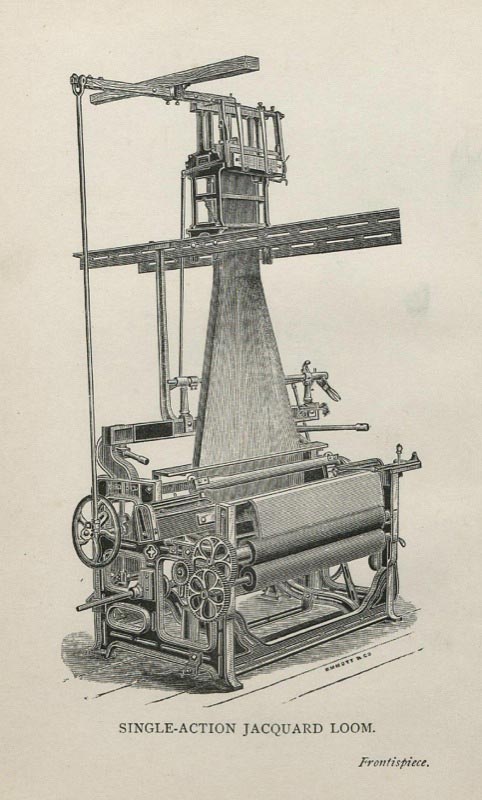
Joseph Marie Jacquard invents the Jacquard loom, to help weave complex fabrics.
The world's first sugar beet factory is opened in Cunern, Silesia.
Jean-Antoine-Claude Chaptal writes Traité Théorique et Pratique sur la Culture de la Vigne and suggests the addition of sugar to unfermented grape must.
Thomas Jefferson serves as 3rd President of the USA.
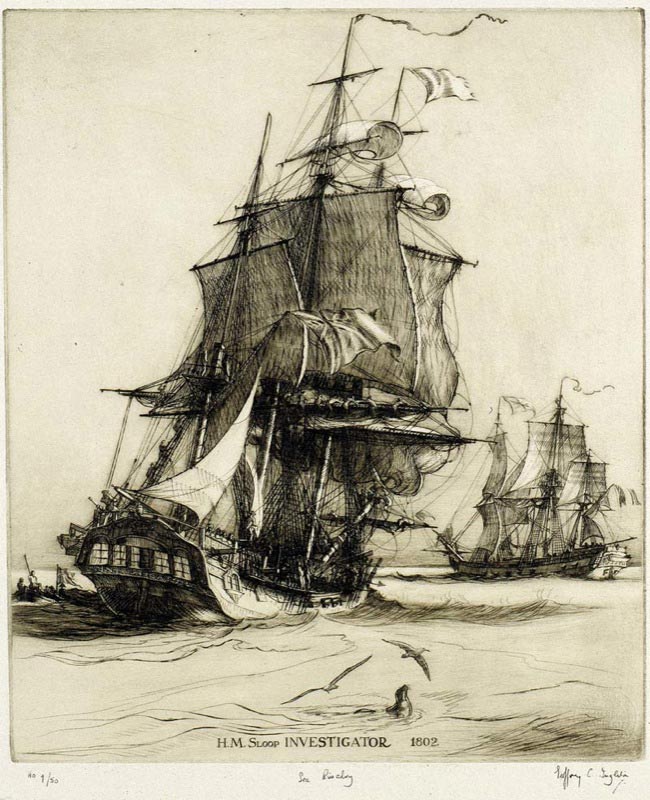
Matthew Flinders explores the Australian coast on board HMS Investigator. He names the continent Australia, following the term used by Alexander Dalrymple in 1771.
The London Stock Exchange is founded.
The US South becomes a major area of production of raw cotton.
The Josiah Bent bakery in Massachusetts creates a hard biscuit and names it a cracker.
Alexandre Dumas.
Victor Hugo.
Manuel Lisa establishes trading relations with the Osage Nation.
Napoleon Bonaparte declares himself Emperor for life and gets Pope Pius VII to crown him. He introduces the Code Napoleon.
Napoleon's attempt to retake Haiti fails.
The Great Trigonometrical Survey of India is undertaken. George Everest compiles the Nepal section.

Ralph Waldo Emerson.
Over 20,000 African slaves are brought into Georgia and South Carolina to work on cotton plantations.
American trader John Perkins Cushing arrives in China to trade furs for Perkins & Co.
Gold is discovered in Georgeville, North Carolina.
Simon Fraser of the North West Company explores the route from Peace River to the Rockies and beyond.
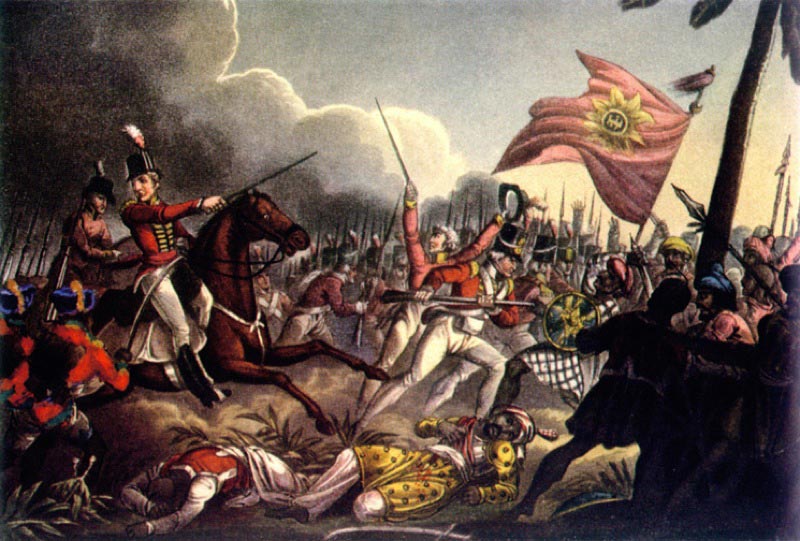
The Second Anglo-Maratha War is a decisive British victory and gives the East India Company control of Central India.
Wellesley wins a decisive victory at the Battle of Assaye.
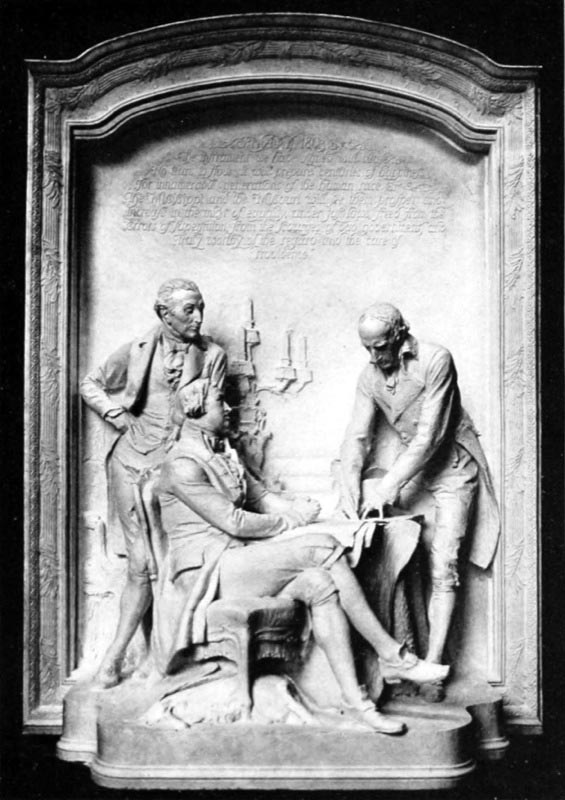
The Louisiana Purchase. Napoleon sells all of France's American possessions to the US to raise funds.
The War of the Third Coalition ends in French victory. France takes over large sections of Europe, creating a buffer between Prussia and itself.
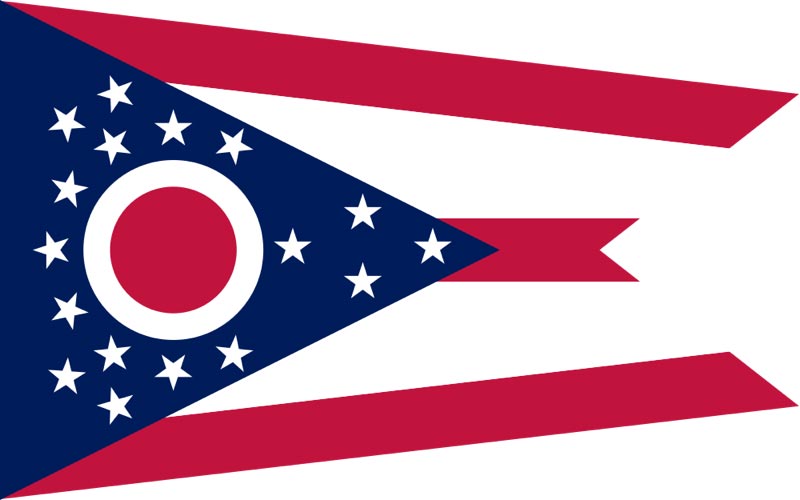
Ohio is added as a state of the Union.
British settlers establish a colony in Tasmania.
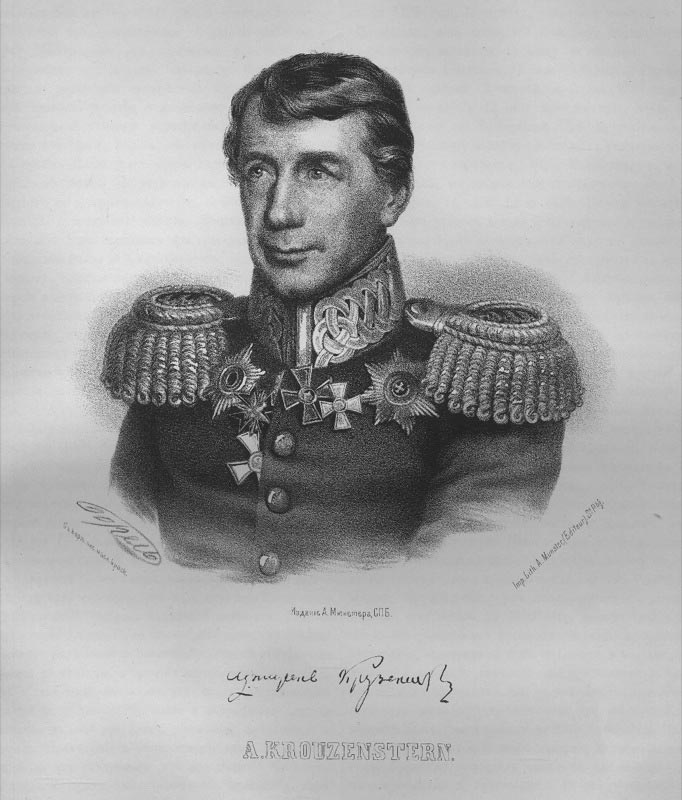
Adam von Krusenstern leads the first Russian circumnavigation of the world in an attempt to improve trade with China and Japan and to establish a colony in California.
The first offshore oil extraction takes place in the Caspian Sea off Azerbaijan.
Haitian Revolution.
Thomas De Quincey takes opium to relieve toothache and becomes addicted.
Nicholas Longworth moves to Cincinnati and starts to establish successful vineyards, growing new grape varieties, with the help of German immigrant labourers.
Joseph Banks sponsors William Smith's stratigraphical survey (published 1815), which lays the foundations for modern geology.
The Lewis & Clark Expedition traverses America from St Charles, Missouri, along the Missouri River and across the Continental Divide to the Pacific. They receive significant help from Native Indians en route and note the abundance of beaver, elk and bison.
John Pintard, first Health Inspector in the US, is appointed in response to the epidemics of yellow fever.
Lewis and Clark begin their expedition up the Missouri River to explore the geography, flora and fauna of North America.
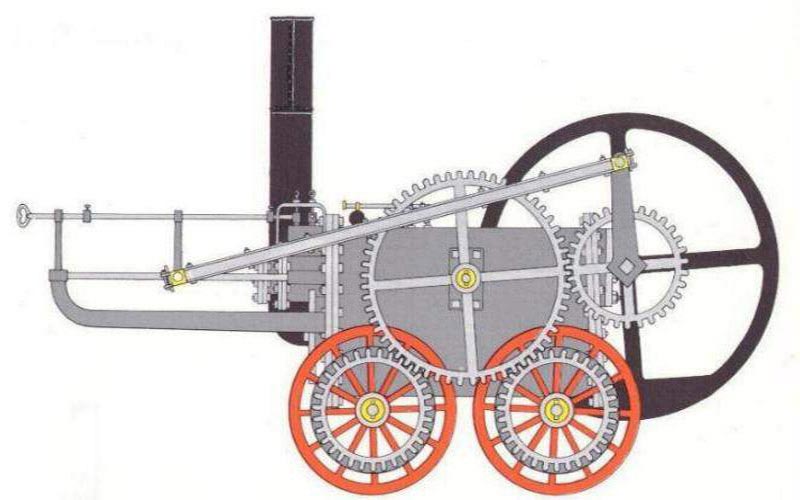
Richard Trevithick builds the first railway steam locomotive and it makes its first journey in Wales.
Britain transplants nutmeg and other spices to India, Malaya, Grenada and Zanzibar.
German scientist Friedrich Sertürner breaks down opium and discovers morphine.
Battle of Trafalgar - Nelson achieves a decisive victory against the French and Spanish fleets at Trafalgar, ending all hopes of a French invasion of Britain.
Battle of Austerlitz - Napoleon beats the combined Russian and Austrian armies and forces the Treaty of Pressburg which humbles Austria and destroys the Holy Roman Empire.
Mungo Park sets out on his second exploration of the Niger, but dies in the attempt to trace its source.
EIC vainly attempts to ban Malwa opium in its Indian territories.
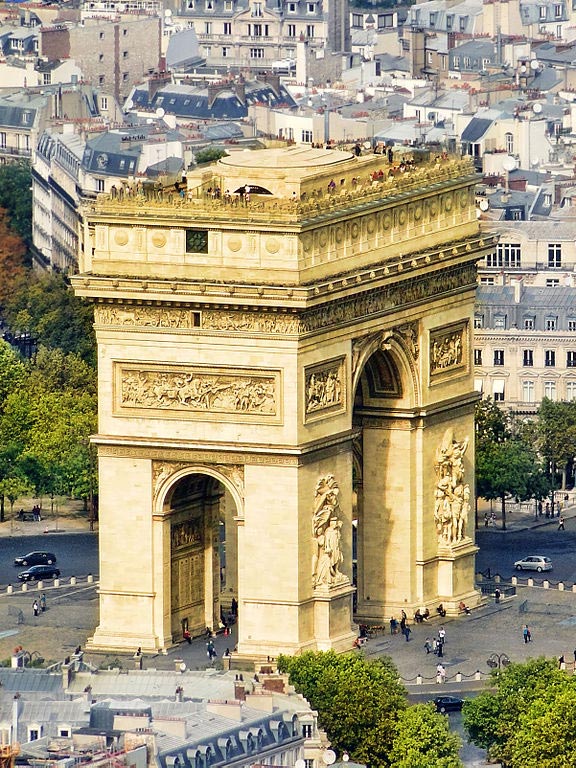
Napoleon Bonaparte commissions the construction of the Arc de Triomphe in Paris, by Jean Chalgrin.
Continental Blockade. Britain's normal northern European sources of timber are cut off by Napoleon, resulting in a massive increase in demand for timber from Canada.
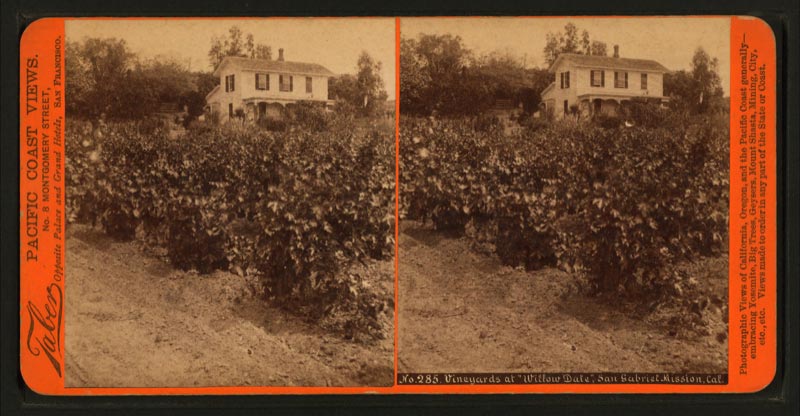
The San Gabriel vineyards of California are established.
The Holy Roman Empire is dissolved by Francis II, King of Germany, Hungary, Austria, Bohemia and Croatia, and the final Holy Roman Emperor, after defeat at the Battle of Austerlitz.
The War of the Fourth Coalition ends in French victory against the combined forces of Prussia, Russia, Britain, Sweden and Saxony. France takes much territory from Prussia and now controls most of central and western Europe. Britain and Sweden are left alone facing France.
Britain takes control of the Cape Colony when Napoleon invades the Netherlands.
Ulrich Seetzen commences his travels around the Middle East including a circuit around the Dead Sea.
Zebulon Pike explores Colorado and the Southwest of America.
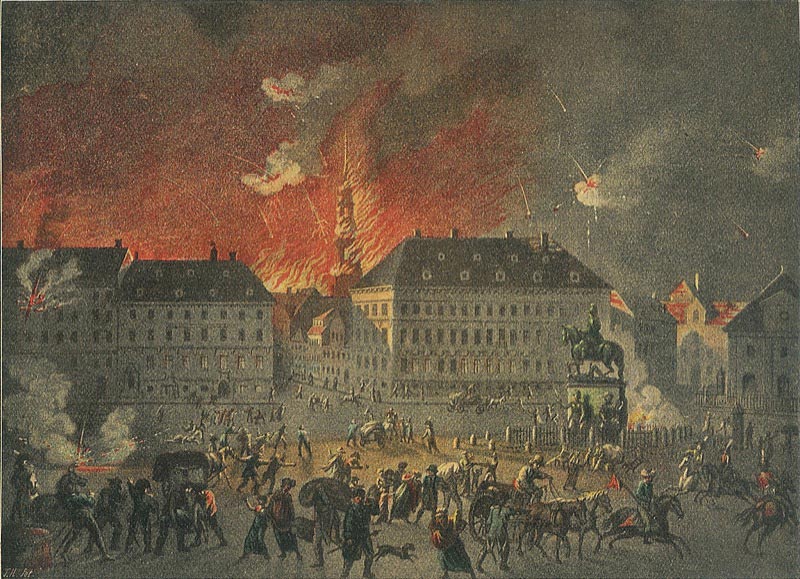
The 2nd battle of Copenhagen - the British Navy decisively beats the Danish navy and ensures continuing control of the seas.
The first commercial steamboat is built by Robert Fulton, following work in France with Jouffroy d'Abbans and others.
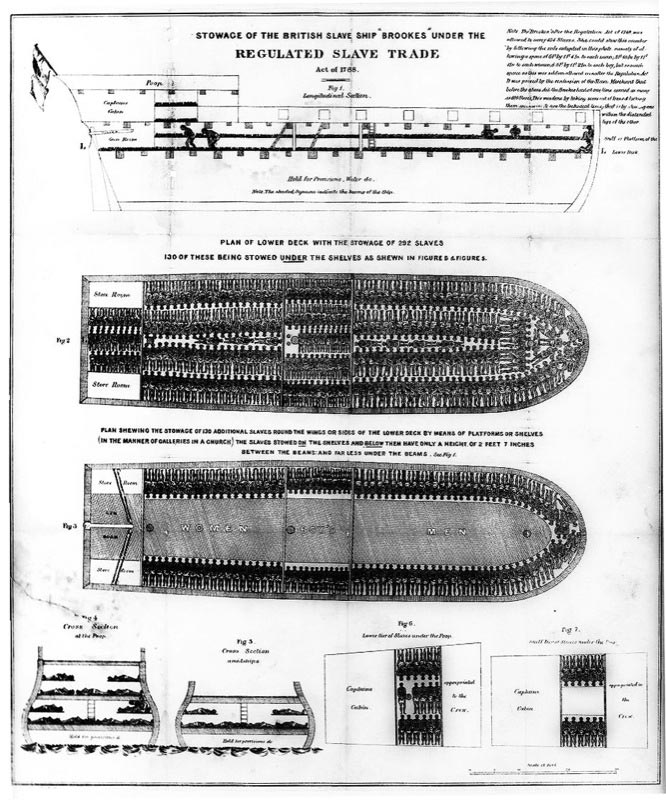
The Slave Trade Act abolishes the slave trade in the British Empire.
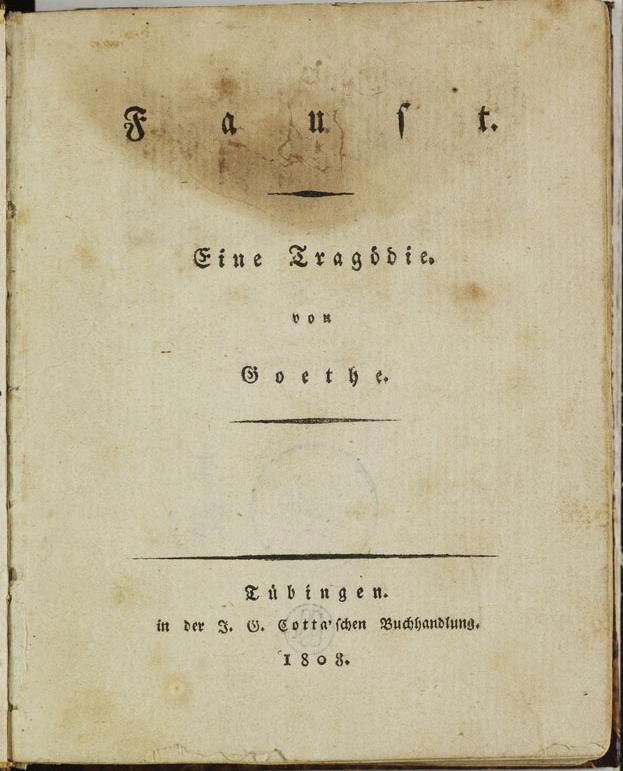
Publication of Goethe's Faust.
John Jacob Astor founds the American Fur Company to trade furs between the Pacific Northwest, China and New York City.
Simon Fraser of the North West Company explores the Fraser River and opens up the fur trade west of the Rockies.
The Enclosure Act reaffirms the Crown's rights to control sections of forests in the UK.
The Peninsular War. France invades Spain and Portugal, but is eventually repulsed by British, Portuguese and Spanish forces.
A wave of revolutions in Spanish colonies starts when Napoleon's brother Joseph takes the Spanish throne by force.
The Portuguese Court flees to Brazil to escape Napoleon.
Santo Domingo returns to Spanish control with British help.
Thousands of freed slaves are settled in Sierra Leone.
Silver circulating in China drops by about 19%.
Felix Mendelssohn.
Edgar Allen Poe.
Alfred Tennyson.
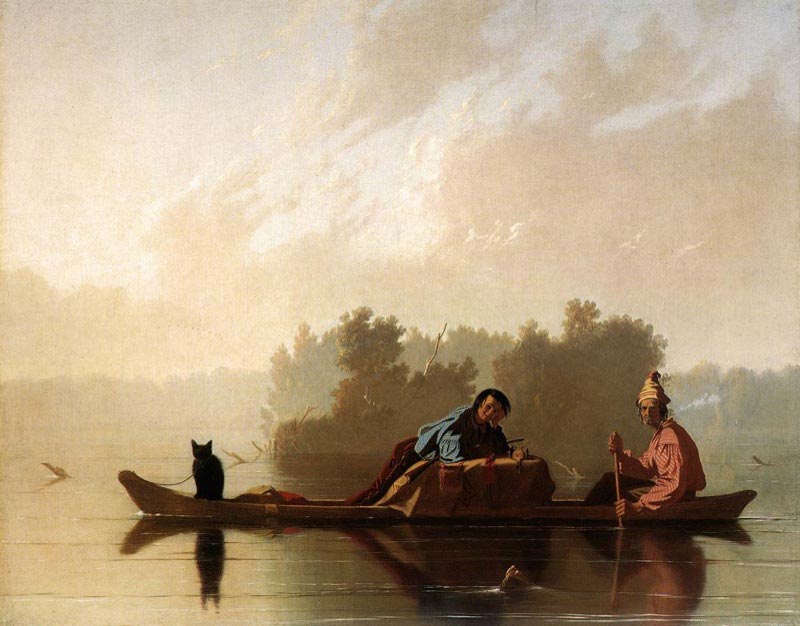
The Missouri Fur Company is created in St Louis, Missouri.
Pierre Menard and Andre Henry explore and set up trading posts along the Missouri River.
90,000 cargoes of timber leave Canada for Britain.
Wellington relieves Portugal from the French invasion.
The War of the Fifth Coalition ends in French victory over Austria. The Battle of Wagram is a decisive French victory, although their army sustains heavy losses.

Johann Burckhardt explores the Middle East on behalf of the African Association. He learns Arabic and poses as a Muslim trader. He 'discovers' Petra (1812), Abu Simnel (1813) and visits Mecca (1814) but dies before he can visit Africa.

Robert Schumann.
Frédéric Chopin.
John Jacob Astor founds the Pacific Fur Company, to get furs in the Oregon territory.
The Chilean War of Independence. Chilean forces under the leadership of Jose de San Martin and Bernardo O'Higgins defeat the Spanish.
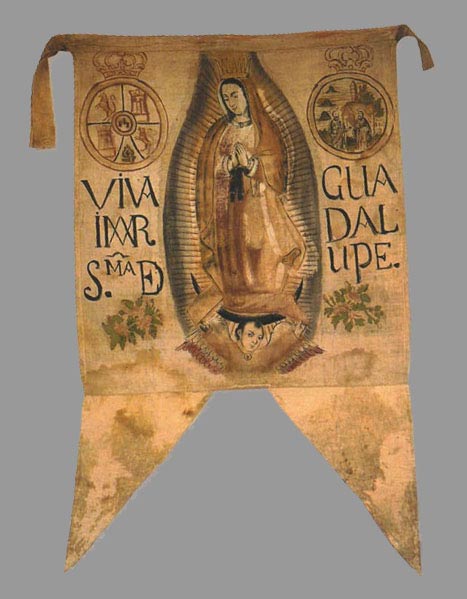
Mexico declares independence from Spain.
Chile declares independence from Spain (recognised 1844).
Thomas and William Daniell publish their influential 'Picturesque voyage to India by way of China.'
William Burchell explores South Africa collecting over 50,000 specimens.
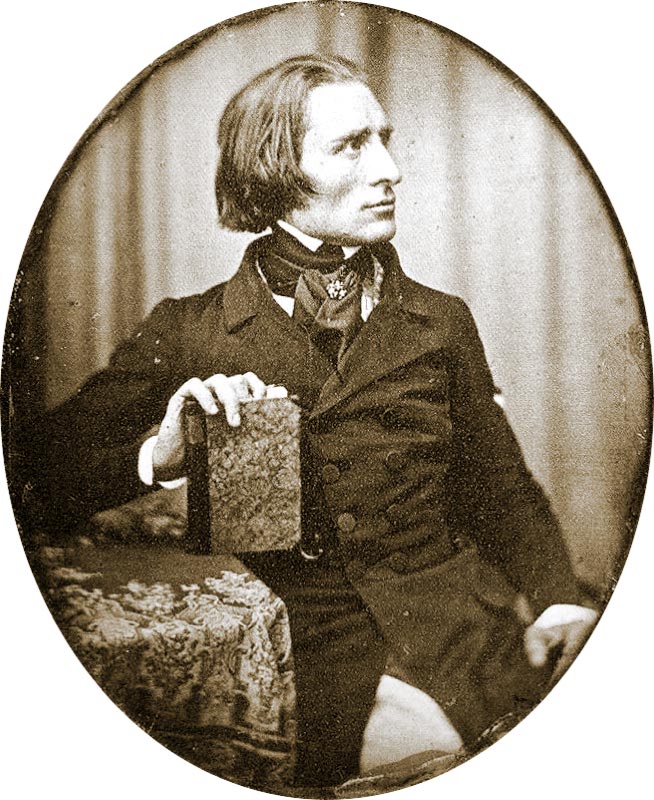
Franz Liszt.
Harriet Beecher Stowe.
French Emperor Napoleon establishes sugar schools in France and promotes the cultivation of sugar beet.
The Tonquin sails to Fort Astoria to establish the first American owned trading outpost on the Pacific.

David Thompson of the North West Company explores the length of the Columbia River.
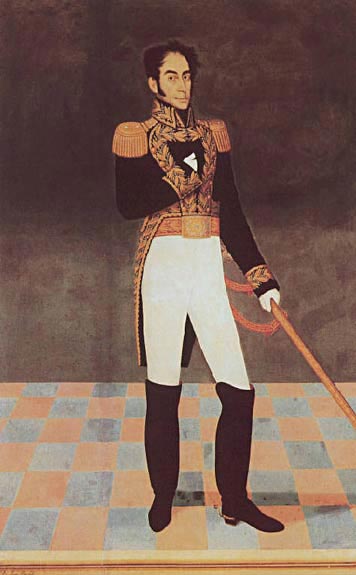
Venezuela declares independence from Spain, winning it by 1823 with help from Simon Bolivar.
The increased use in steamboats in the US causes deforestation along the Mississippi and other rivers as timber is cut for fuel. This leads to erosion and flooding.
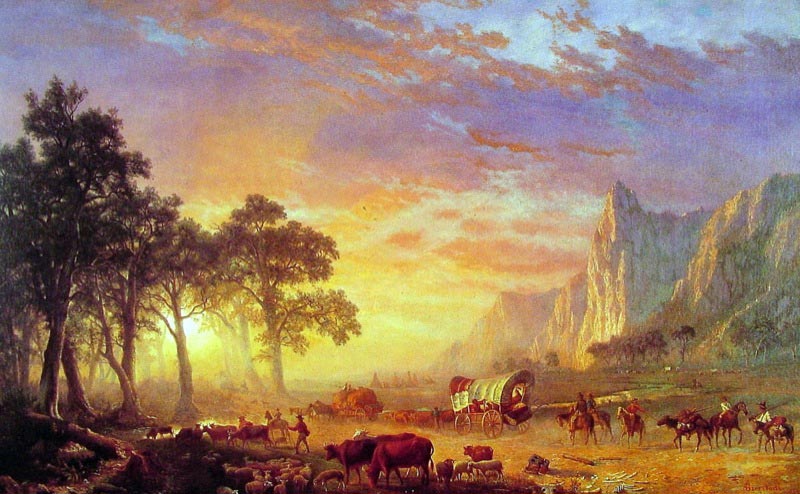
William Hunt establishes the 'Oregon Trail' from the Mississippi to the Blue Mountains and then to the Pacific. The trip is funded by John Jacob Astor who wants to develop an overland fur trading route from the West.
Charles Dickens.
Robert Browning.
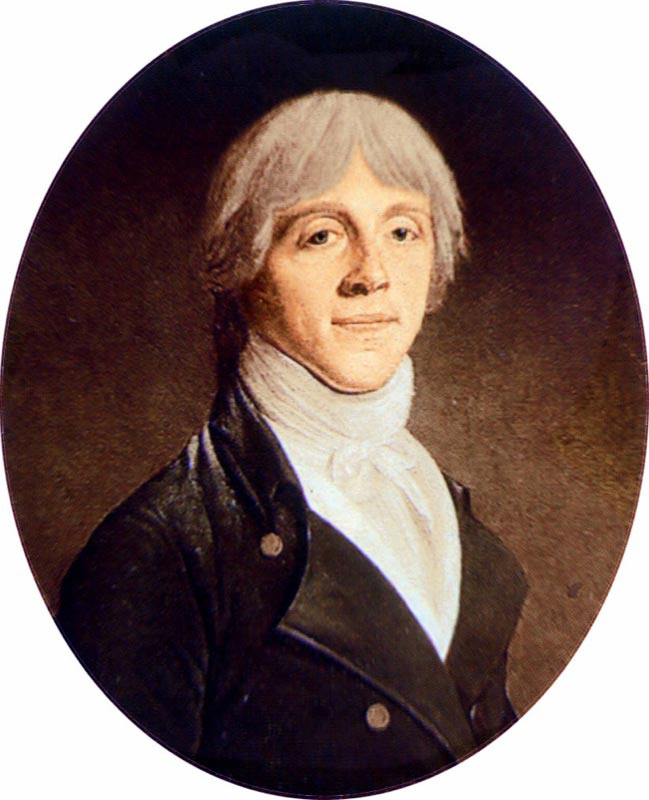
French scientist Benjamin Delessert discovers a method to extract sugar from sugar beet on an industrial scale.
Perkins & Co. diversify into the opium trade, selling Turkish opium to China.
The War of the Sixth Coalition sees Austria, Russia, Prussia, Britain, Sweden, Spain and Portugal combine forces against France. Despite early French victories, Napoleon is beaten decisively at the Battle of the Nations at Leipzig, following his disastrous retreat from Russia.
Napoleon invades Russia and achieves a tactical victory at the Battle of Borodino and seizes a deserted Moscow, before being forced to retreat in the face of a Russian winter.
The War of 1812. The US declares war on Britain due to restrictions on trade caused by the Napoleonic wars, British support for Native Indians and American expansionism. It is inconclusive.
Louisiana is added as a state of the Union.
William Moorcroft leads an expedition across the Himalayas to Tibet and obtains the right to trade for cashmere wool.
Charles Waterton commences his exploration of the hinterland of British Guiana, walking to Brazil on foot and serving as an inspiration for Darwin and Wallace.
Foundation of the world's first gas company in Britain - the Gas Light and Coke Company.
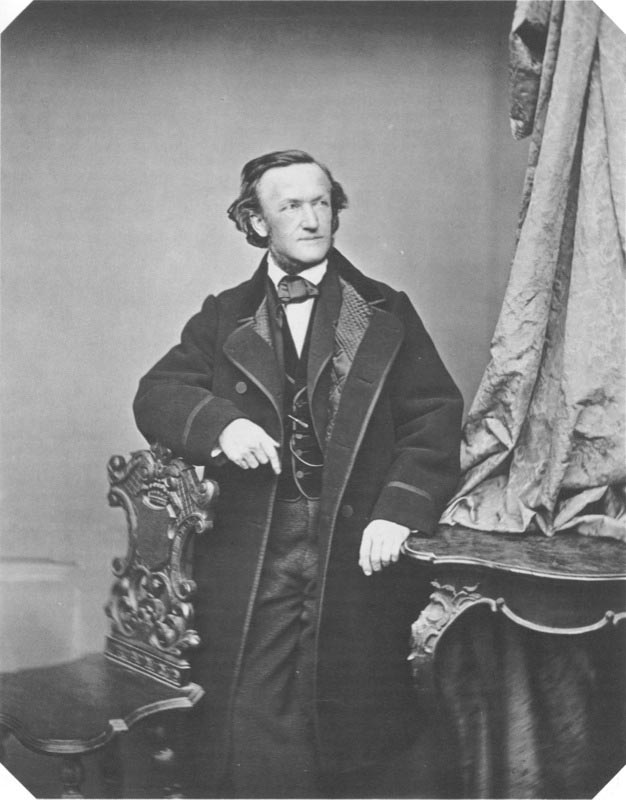
Richard Wagner.
Giuseppe Verdi.
Jane Austen publishes Pride and Prejudice.
Napoleon bans the importation of sugar cane from the Caribbean.
Miguel Hidalgo starts the revolutionary war in Mexico by declaring independence, achieving it by 1822.
Gregory Blaxland crosses the Blue Mountains of New South Wales in the first European expedition to explore and open up the interior of Australia for agricultural development.
Edward Charles Howard patented a vacuum pan that was used to convert juice to sugar. It was employed in both the beet and cane sugar industries and in both raw and refined sugar production.
Gregory Blaxland crosses the Blue Mountains of New South Wales in the first European expedition to explore and open up the interior of Australia for agricultural development.
The Coalition captures Paris and Napoleon is sent to exile on the Island of Elba.
Louis XVIII is restored as French monarch.
George Stephenson designs his first steam locomotive for hauling coal.
Tobago becomes a British colony.
Cape Town is ceded to Britain in the Anglo-Dutch Treaty.
Samuel Marsden establishes a missionary base in the Bay of Islands and explores the interior.
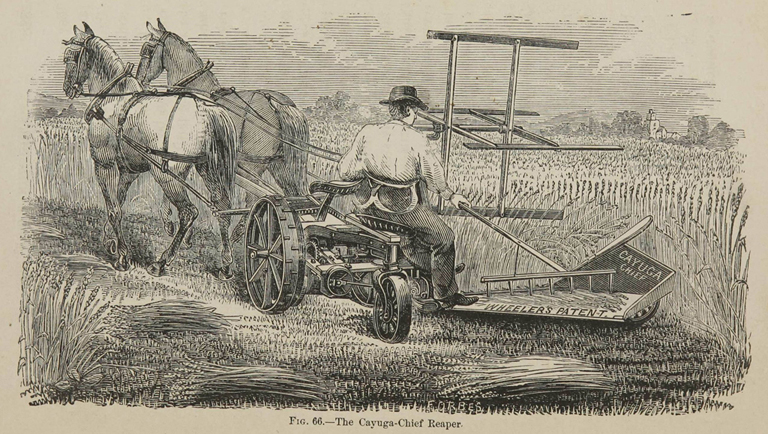
Thomas Dobbs invents the mechanical reaping machine.
John Nash designs Brighton Pavilion in an 'oriental' style for the Prince Regent.
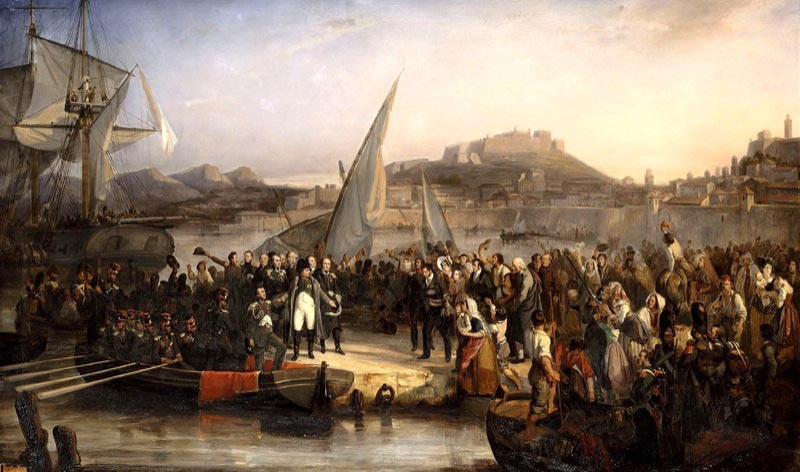
Napoleon escapes from Elba and the Hundred Days commences.
Napoleon reaches Paris.
Battle of Waterloo - in a close-run but decisive victory, the combined forces of Britain, Prussia, the Netherlands and several German states defeat Napoleon's army. Napoleon is exiled on St Helena.
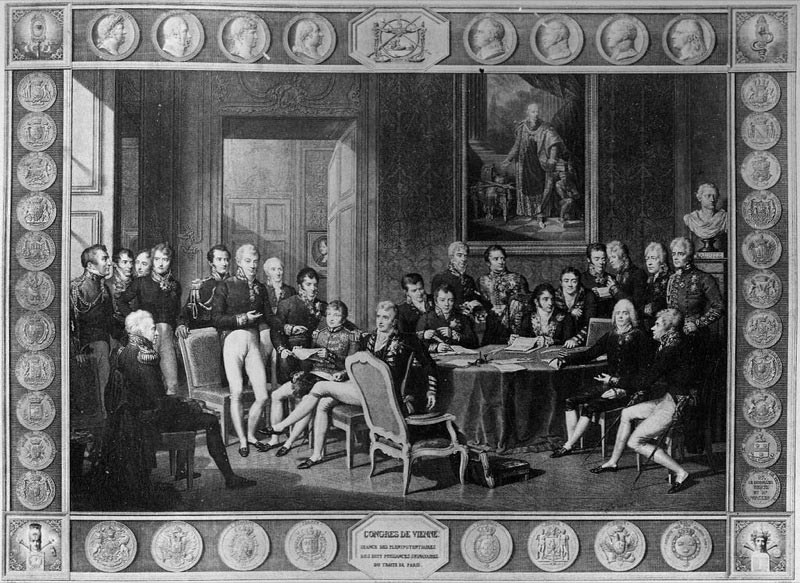
The Congress of Vienna establishes the Confederation of Germany, linking together the economies of a number of German states.
Demerara and Berbice are ceded to the UK by the Netherlands.
Britain takes control of Sri Lanka.
Introduction of the Corn Laws in Great Britain to protect domestic cereal producers.
On July the 9th, the first natural gas well in the U.S. was discovered accidentally at Burning Springs during the digging of a salt brine well in West Virginia.
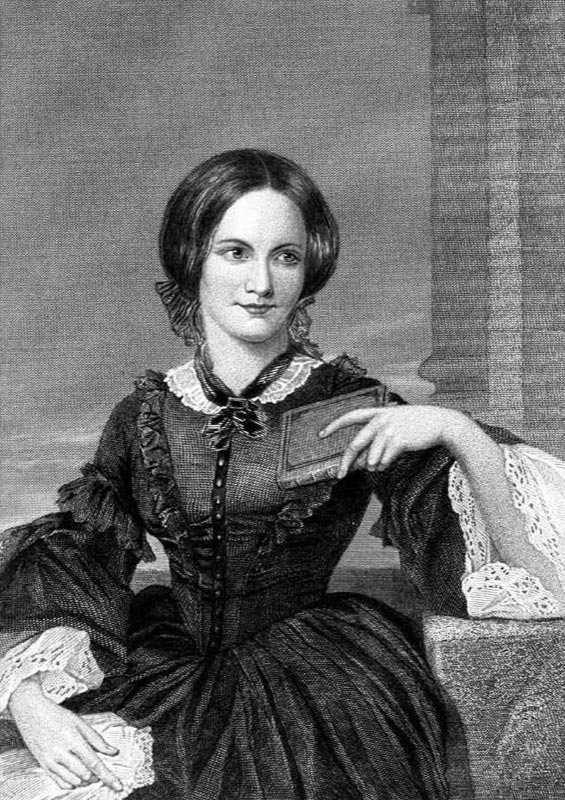
Charlotte Bronte.
Arthur de Gobineau, author of the theory of an Aryan master race.
The stethoscope is invented by Rene Theophile Hyacinthe Laennec.
John Jacob Astor trades Turkish opium to China.
Britain introduces the Gold Sovereign.
Argentina declares independence from Spain, winning it by 1826.
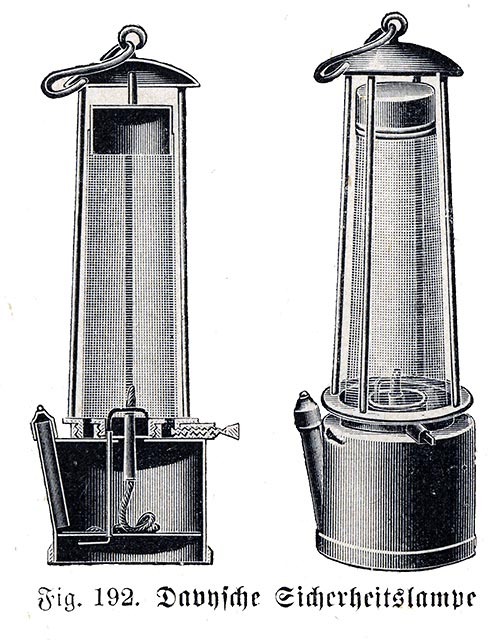
The miner's safety lamp is developed by Humphry Davy.
Indiana is added as a state of the Union.
The Seminole wars begin, starting a wave of wars with Native Indians due to resettlement or encroachment on their territory.
Baltimore is the first American city illuminated using gas lamps which was supplied by the Gas Light Company of Baltimore.

Natural gas is used to light the streets of Baltimore. Natural gas was used for lighting in Europe and North America throughout much of the 19th century.
The Third Anglo-Maratha War gives the British East India Company rule over most of India.
Mississippi is added as a state of the Union.
Philip Parker King circumnavigates Australia and charts the coast.
A Brazilian expedition is led by Carl Friedrich von Martius and Johann von Spix exploring the Amazon and the Rio Negro. The expeditions specimens are purchased by the Belgian Government.
Mary Shelley publishes Frankenstein.

Frederick Douglass.
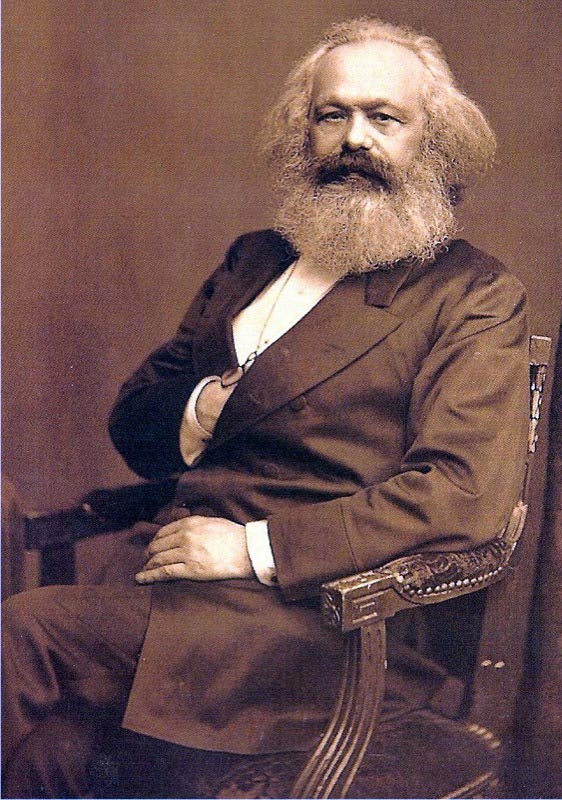
Karl Marx. He writes Das Kapital in exile in England.

Illinois is added as a state of the Union.
John Ross searches for the Northwest passage, but finds that Lancaster Sound in Canada is blocked.
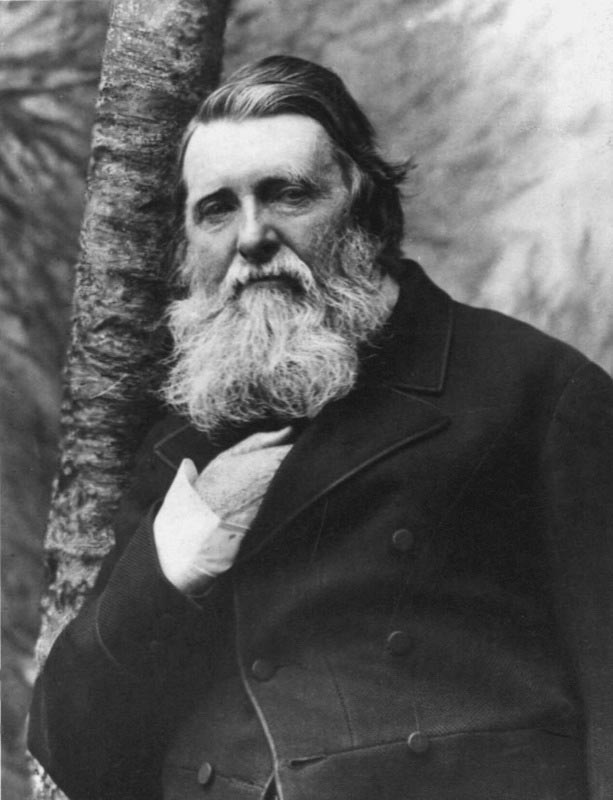
John Ruskin - British art critic and social thinker.
Gustave Courbet.
Herman Melville.
Walt Whitman.
François Louis Cailler establishes Switzerland's first chocolate factory in Vevey.
Alabama is added as a state of the Union.
Britain sets up a trading post on Singapore and takes over the entire island in 1824.
William Parry explores the Arctic and completes half the distance from Greenland to the Bering Strait, reviving hopes that there may be a Northwest Passage.
The Atkinson-Long expedition establishes Fort Atkinson in Nebraska, the first fort west of the Missouri.
Thomas Raffles establishes Singapore as a trading post for the East India Company.
Muhammad Ali establishes cotton as a major crop in Egypt.
Vineyards start to spring up in New South Wales, South Australia, Victoria and Tasmania.
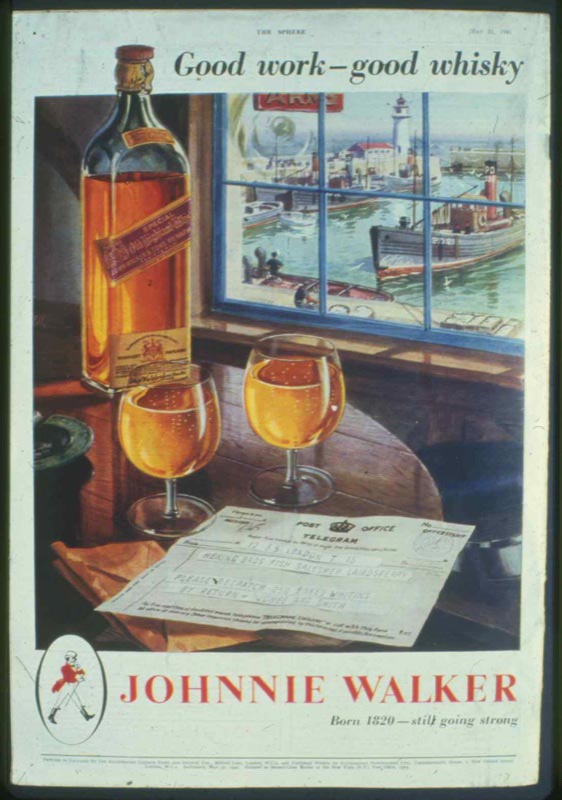
Johnnie Walker starts a grocery shop in Kilmarnock, Scotland, and his whisky is popular. His successor offers the first blend in 1865 and uses squared bottles from 1870.
Maine is added as a state of the Union.
The beginning of a century of immigration into America, which transforms the nation. The peak years are 1880-1914.
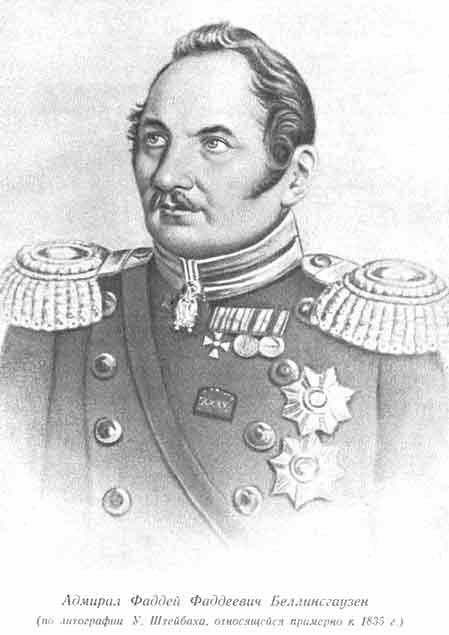
First sighting of Antarctica by Fabian Bellingshausen on his circumnavigation of the world. Shortly after it is also sighted by British explorer Edward Bransfield and American sealer, Nathaniel Palmer.
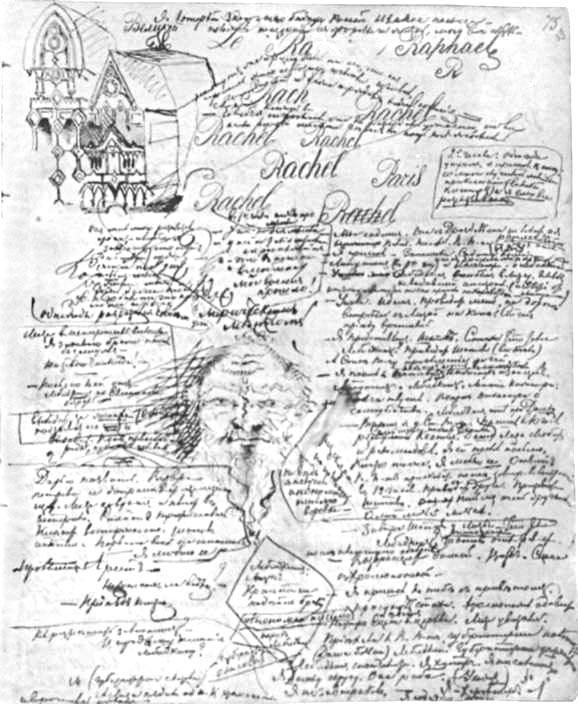
Fyodor Dostoyevsky.
Gustave Flaubert.

Richard Burton, explorer and orientalist, whose translations of Arabian Nights and the Kama Sutra encouraged interest in 'orientalism'.
The electric motor is invented by Michael Faraday.
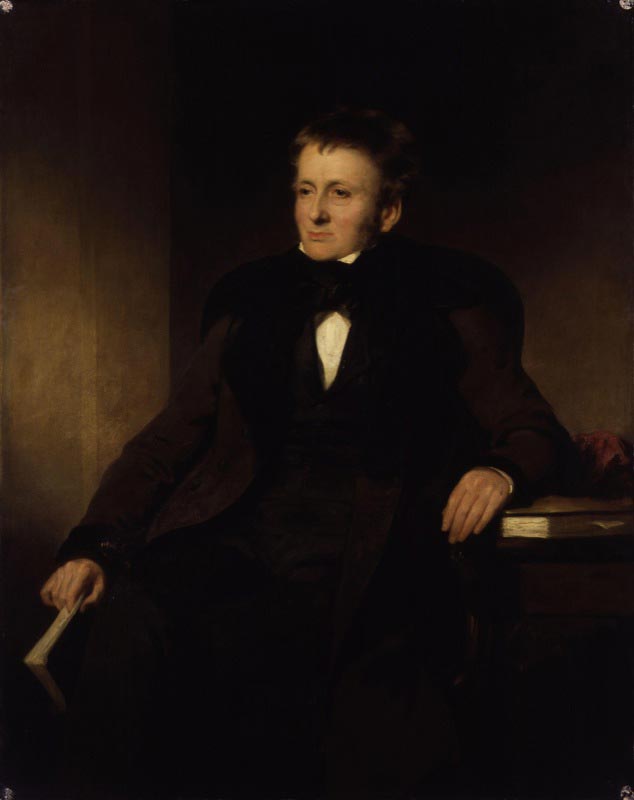
Thomas De Quincey writes Confessions of an Opium Eater.
China imports an annual average of 10,361 chests of Indian opium.
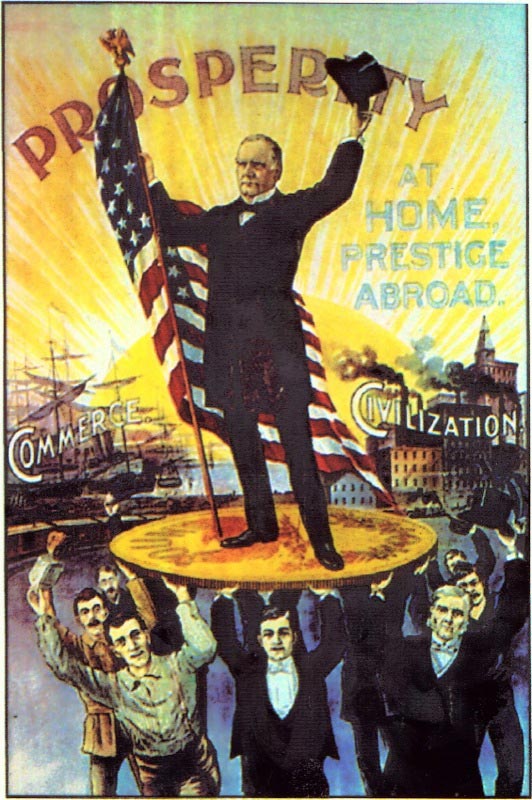
Britain adopts a gold standard, tying the pound to a specific gold value.

The North West Company becomes a part of the Hudson's Bay Company.
Peru declares independence from Spain.
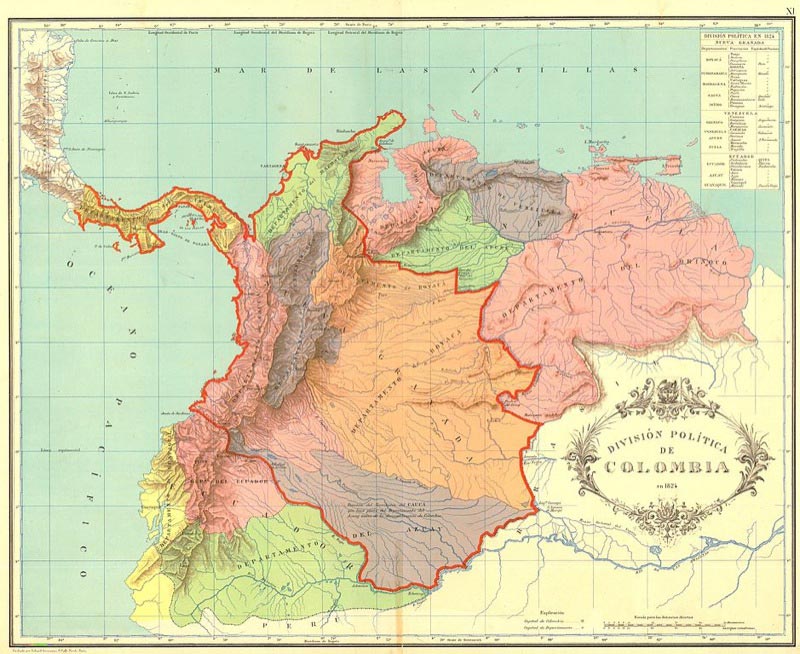
Simon Bolivar is made president of the new country of Gran Colombia, comprising Colombia, Ecuador, Panama, Venezuela and Northern Peru.
Missouri is added as a state of the Union.
Costa Rica, Guatemala, Honduras, Nicaragua and El Salvador declare independence from Spain.
The Dominican Republic (formerly San Domingo) gains independence from Spain.
Peru declares independence from Spain (recognised 1879).
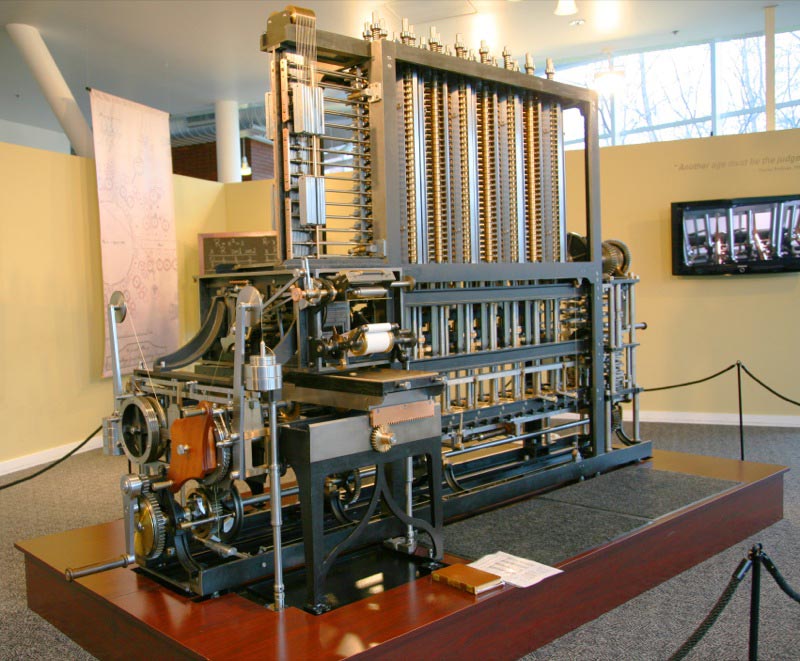
Charles Babbage designs the first mechanical computer.

The first Espresso machine is made in France.
J. S. Fry & Sons is founded when Joseph Storrs Fry takes his sons into the business. They become the largest cocoa manufacturer in England.
Gregory Blaxland wins a silver medal for his Australian wine at a London wine tasting.
Brazil is declared an independent country.
Huntley & Palmers is founded in Reading, England. It goes on to become the most global biscuit brand over the following Century.
Indian Malwa opium outsells Bengal opium in the China traffic for the first time.
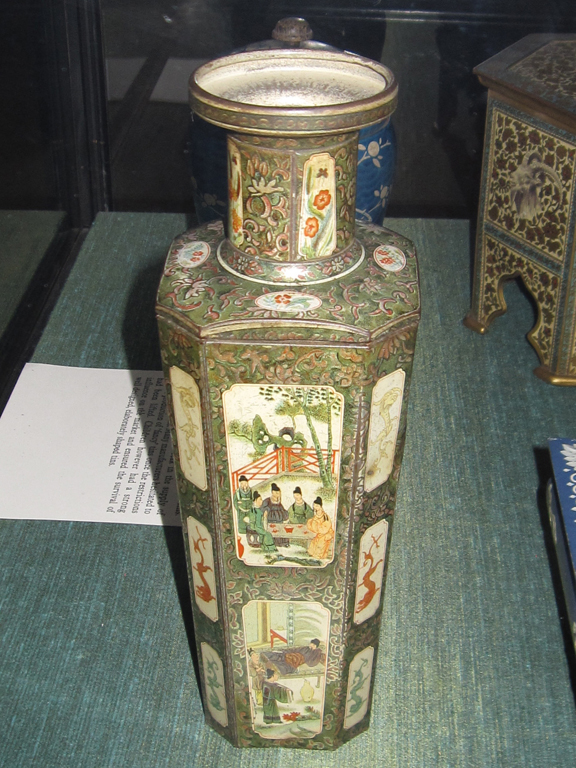
Huntley & Palmer's is founded in Reading, Berkshire, to make biscuits.
The Rocky Mountain Fur Company was founded in St Louis.
Scottish distiller James Crow moves to Kentucky and invents the sour mash process for creating bourbon whiskey.
France invades Spain in support of royalist forces.
The Monroe Doctrine declares that any future attempts by European powers to colonise or interfere with the Americas will be seen as an act of aggression requiring US intervention.
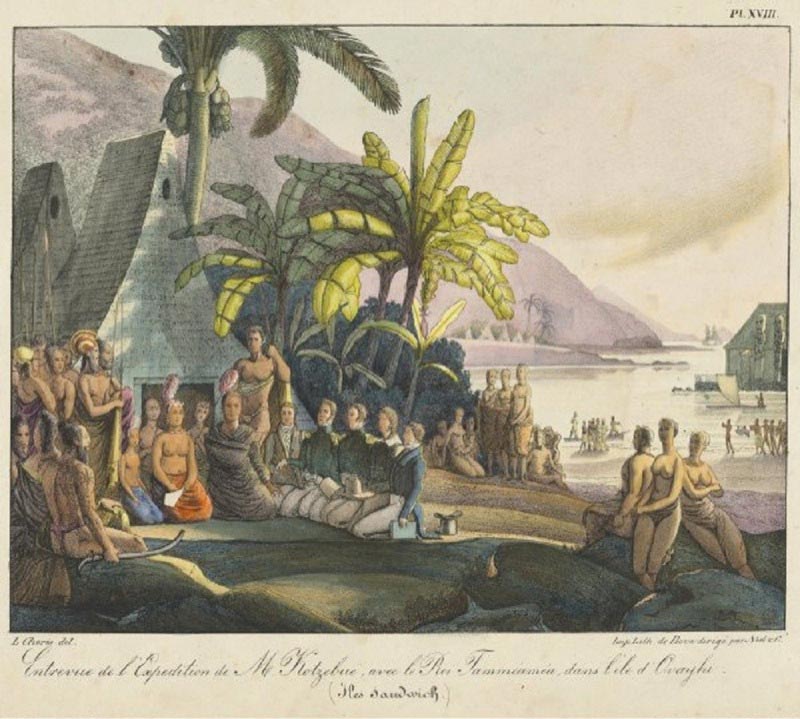
Otto von Kotzebue leads a Russian circumnavigation of the world stopping in Hawaii, the West Coast of America, the Philippines, South Africa, the Baltic and rounding Cape Horn.
James Weddell sails into Antarctic waters in what is now the Weddell Sea.
Portuguse planters introduce Cacao Forestero from the Amazon to Gabon and Guinea in West Africa.
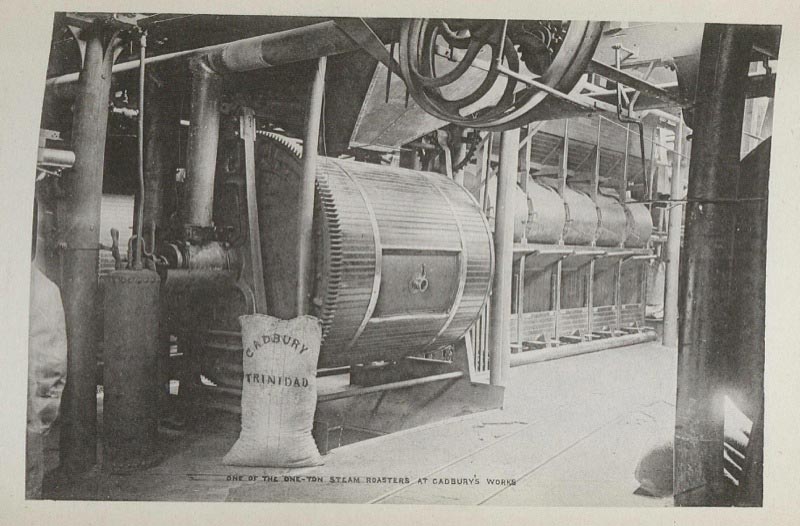
John Cadbury starts a business selling tea, coffee, chocolate and other commodities in Birmingham.
The Missouri Fur Company is dissolved.
The Hudson's Bay Company builds Fort Vancouver to manage the Pacific Northwest fur trade.
New Brunswick introduces a regulatory system to control tree felling.
British forces invade Burma to gain trading concessions for the East India Company.
The British take control of Malacca on the Malay peninsula, from the Dutch.
An overland route from Adelaide to Sydney is discovered by Hamilton Hume and William Hovell.
Dent & Co. is formed in Canton. It was a successful British merchant company which traded in tea, silk and opium.
Johann Strauss II. Strauss popularised the waltz in Vienna during his lifetime.
Coffee is introduced to Hawaii via Brazil.
The Levant Company is wound up.
Bolivia is founded - named after Simon Bolivar.
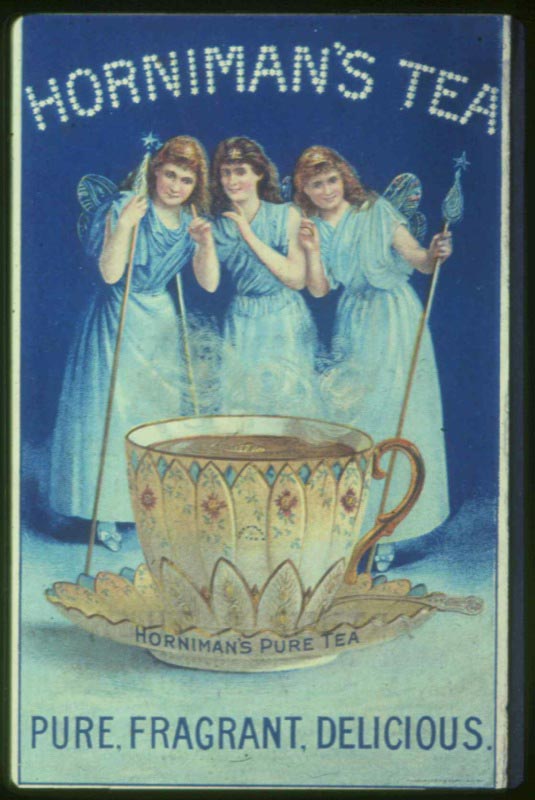
John Horniman sells pre-packaged tea, rather than selling it by weight.
Philippe Suchard establishes a chocolate factory in Serrieres, Switzerland.
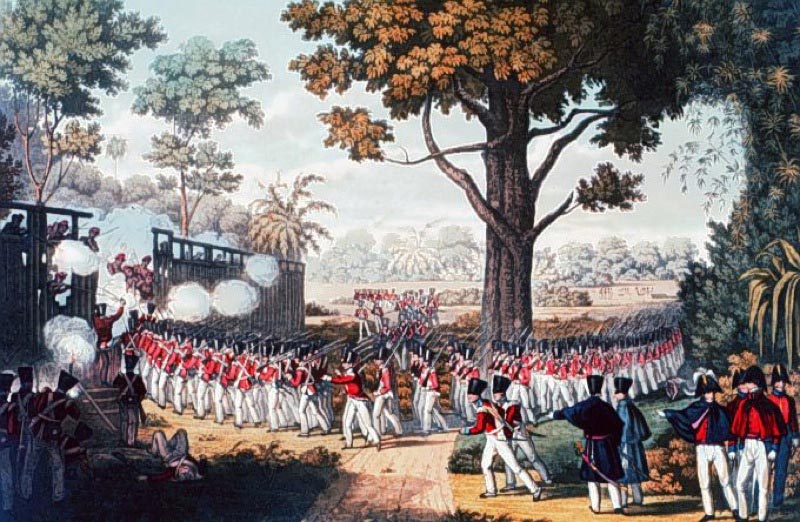
End of the First Anglo-Burmese war. Britain seizes Assam and opens trade with Burma.
Scottish inventor Robert Stein patents the Column Still for whisky distillation.
Petrache Poenaru invents the fountain pen with a replaceable ink cartridge.
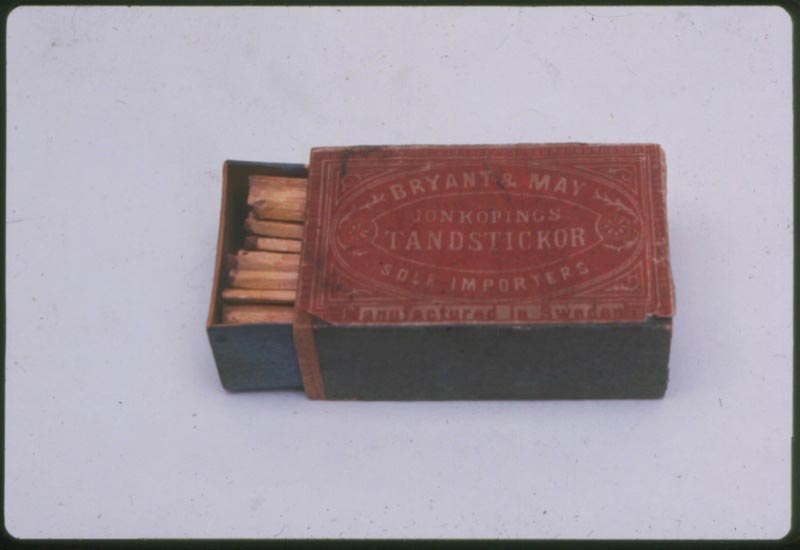
English chemist, John Walker, invents the match making fire lighting easier.
The commercial production of morphine starts at E. Merck & Co. of Darmstadt.
Leo Tolstoy.
Jules Verne.
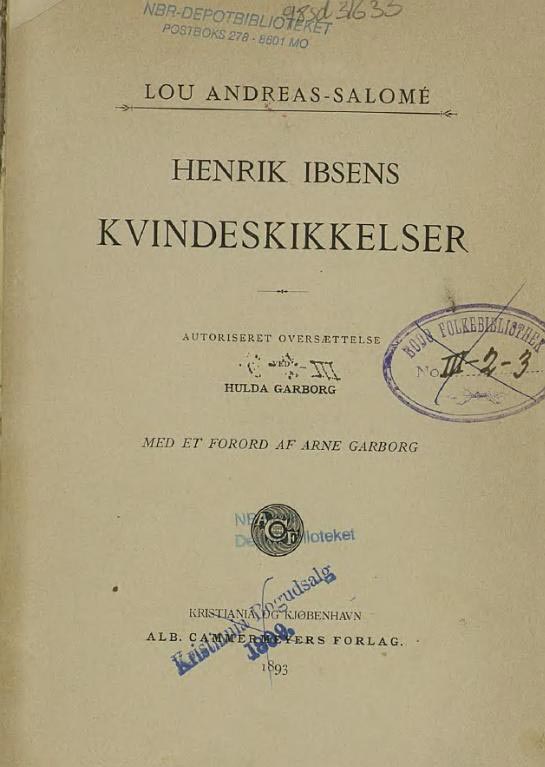
Henrik Ibsen.
Dutch chemist Coenraad Van Houten produces a new powdered chocolate with a low fat content using a hydraulic method. He also uses alkaline salts to reduce the bitterness and make it easier to work (known as 'Dutching').
Tobacco rolled in paper becomes popular in Spain.
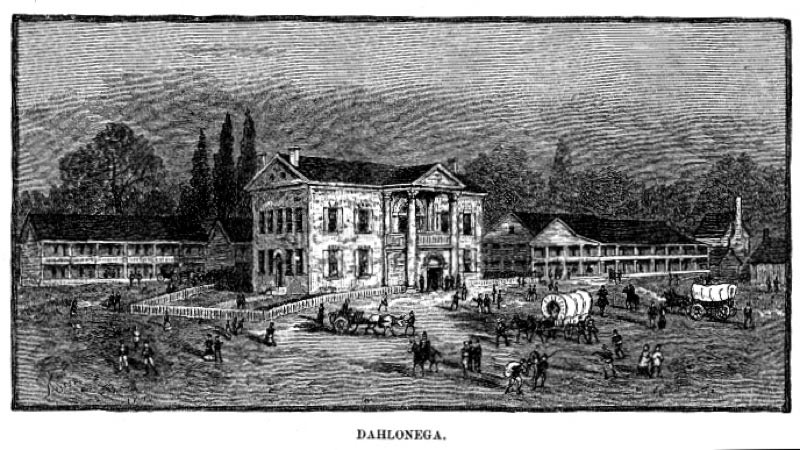
The Dahlonega Gold Rush in Georgia is the first major US gold rush.
Uruguay is made independent of Brazil.
René Caillié 'discovers' Timbuktu, following extensive exploration of Senegal.
Ottoman empire maintains a state opium monopoly.
The state of Western Australia is created.
British settlers establish a colony in Perth, Western Australia.
John Ross searches for the Northwest passage, but has to abandon his ship.
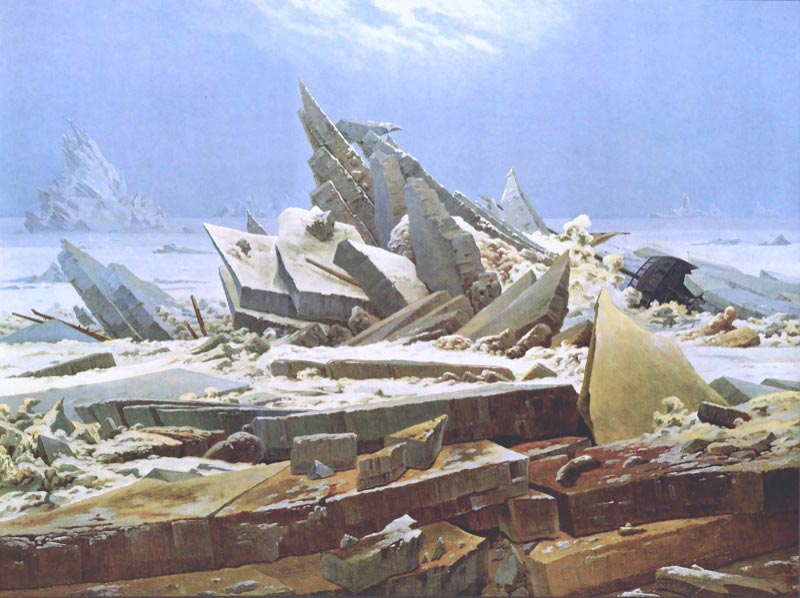
William Parry establishes the Northern Magnetic Pole. James Clark Ross accompanies him on the expedition.
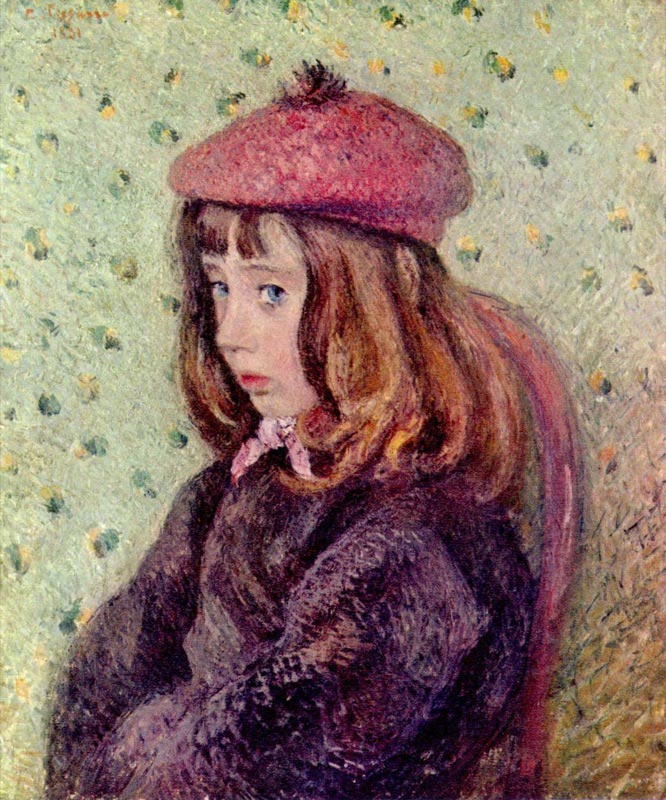
Camille Pissarro.
Earl Grey Tea is named after Charles Grey, 2nd Earl Grey, British Prime Minister.
Temperance movements around the world advocate tea as a replacement for alcohol.
US Congress reduces taxation on tea and coffee.
W. D. & H. O. Wills is founded in Bristol, having traded in that area since 1786. It becomes Britain's leading tobacco manufacturer.
Heinrich Kahn at Meissen establishes a method for decorating porcelain with bright gold.
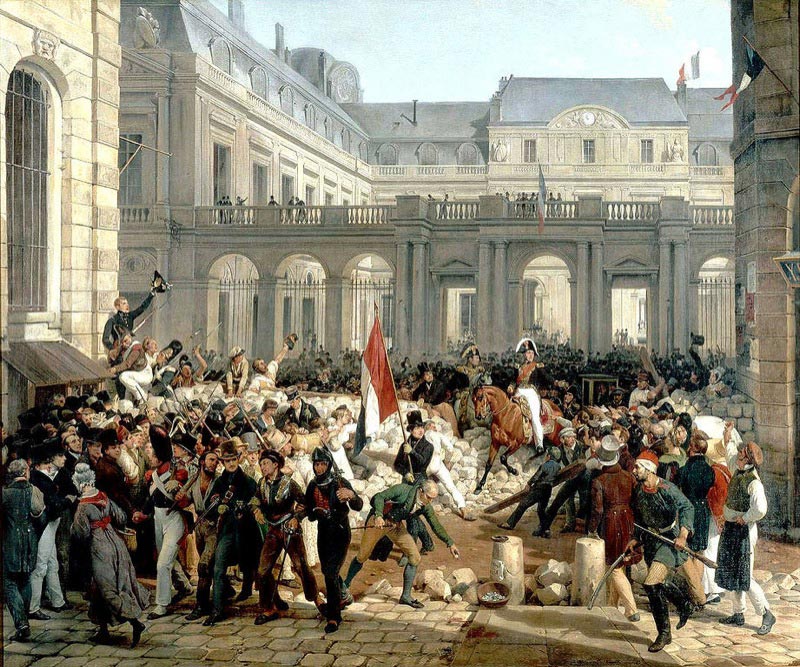
The House of Bourbon is overthrown in the July Revolution in France and replaced with the Orleans monarchy.
France invades Algeria and exerts influence over Morocco.
The Indian Removal Act is introduced to force Native Indians to relocate from their homelands to the west of the Mississippi.
Charles Sturt explores the Murray River.
Humane Policy; or, Justice to the Aborigines of New Settlements is published by S. Bannister.
China's first formal anti-poppy cultivation operations (along the southwest and souteastern coast).
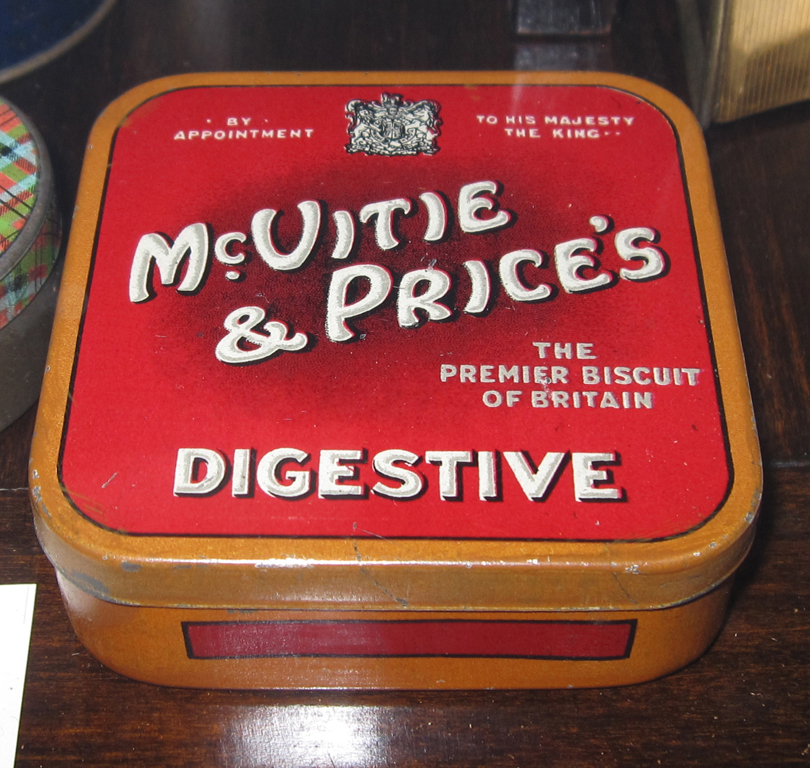
McVitie & Price, Ltd are founded in Edinburgh to make biscuits, including the Digestive.
Paul du Chaillu, anthropologist and explorer, who confirmed the existence of gorillas and pygmies.
Charles Darwin begins his voyage on HMS Beagle.
Michael Faraday produces an electric current from a moving magnet.
Aeneas Coffey patents the 'Coffey Still', an improvement on Stein's Column Still.
Jean Louis Vignes establishes vineyards in California, creating new varieties of grape by crossing old and new world varieties.
Silk workers protest in France in the Canut Revolt.
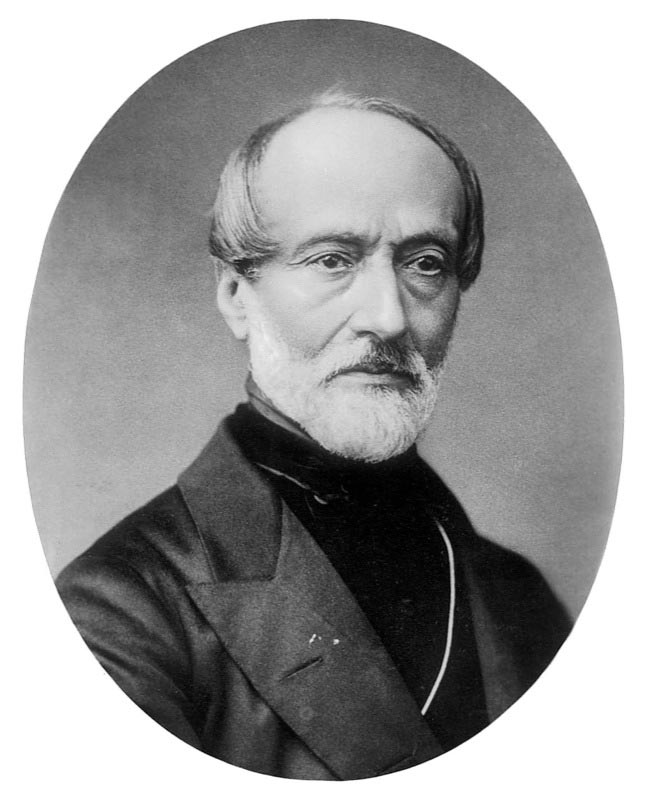
Giuseppe Mazzini forms the Young Italy movement, arguing for the unification and independence of Italy.
The Voyage of the Beagle sets out with Charles Darwin on board. His discoveries of fossils in South America and variant species in the Galapagos Islands provoke his evolutionary theories.
China imports an annual average of 26,003 chests of Indian opium.
Carr's is founded in Carlisle to mill flour and make biscuits.
Edouard Manet.
Joseph Livesey starts the Temperance Movement in Preston.
Coffee is first planted in Brisbane, Australia.

John Player & Sons is founded in Nottingham.
Coffee takes over as the major export from Dominica.
Jardine, Matheson & Co. is founded in Canton by Scottish traders William Jardine and James Matheson. They trade in a wide variety of commodities, among which opium becomes a principal item.
French scientist Pierre Robiquet first isolates codeine from opium. It is widely used for pain relief.
James Busby is the first British Resident in New Zealand and comes to an understanding with Maori tribes.
Powdered milk is invented by Russian chemist M. Dirchoff.
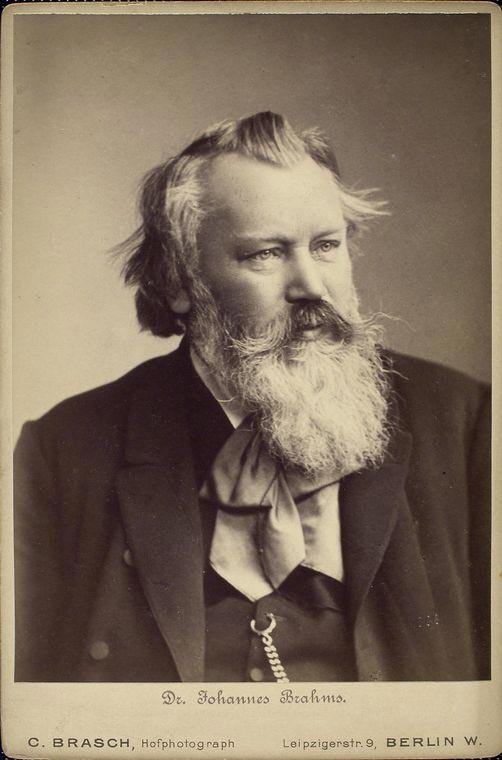
Johannes Brahms.
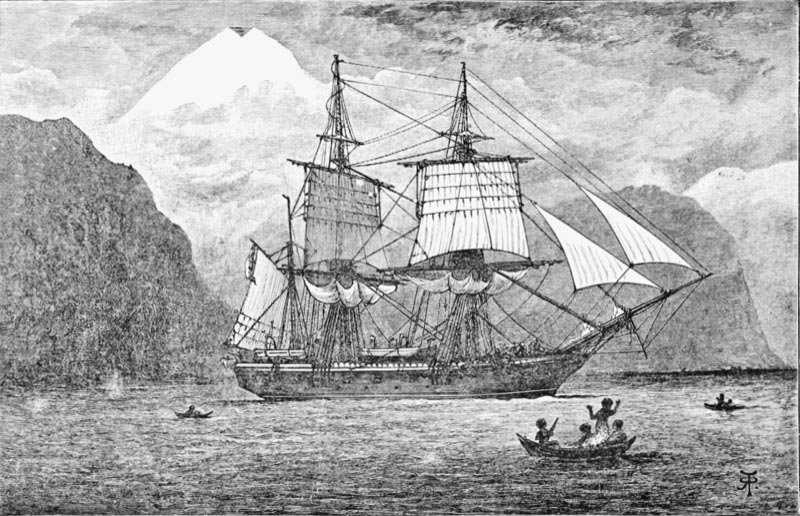
Britain re-established rule in the Falkland Islands.
Slavery Abolition Act abolishes slavery in the British Empire.
East India Company trade monopoly ends.

Obed Hussey of Ohio invents the Hussey Reaper.
Oil production begins in the Chechen Republic.
Edgar Degas.
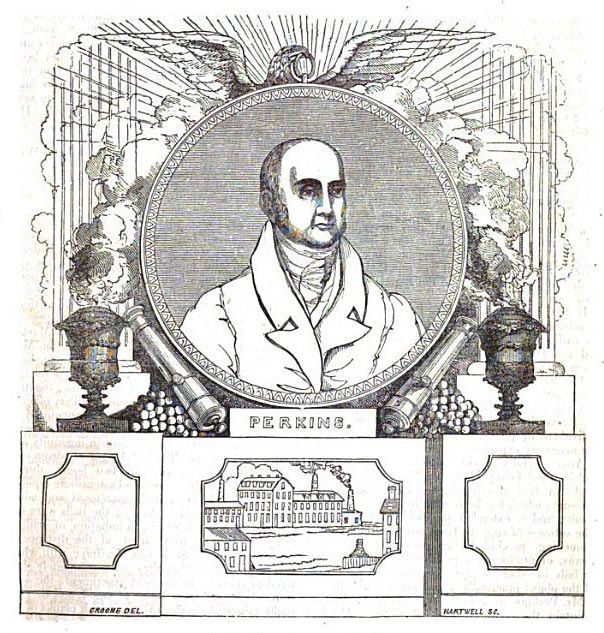
The refrigerator is invented by Jacob Perkins with the introduction of the vapor-compression refrigeration cycle.
The combine harvester is invented by Hiram Moore.
The East India Company establishes the Tea Committee with a view to planting tea in the colonies.
Spain's Council of the Indies is abolished.
Chinese imports of Bengal and Malwa opium almost equally split.
Cyrus McCormick patents his father's reaping machine.
The combine harvester is invented by Hiram Moore.
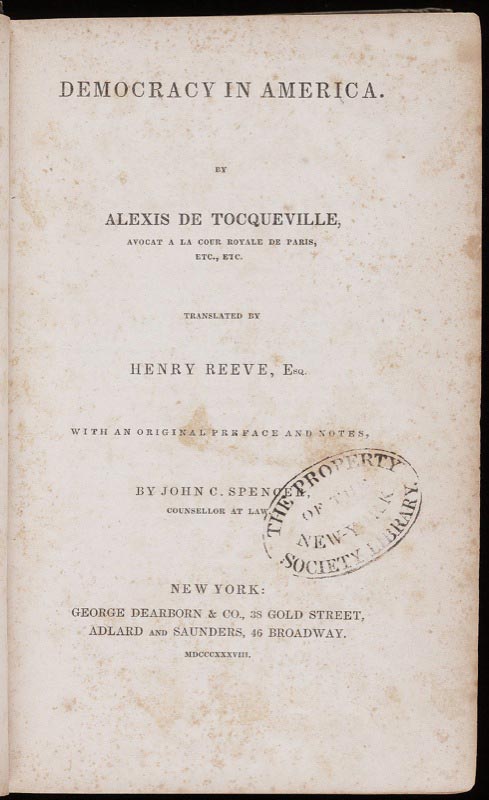
Alexis de Toqueville publishes the first of two volumes with Democracy in America after travelling in the United States.
Mark Twain.
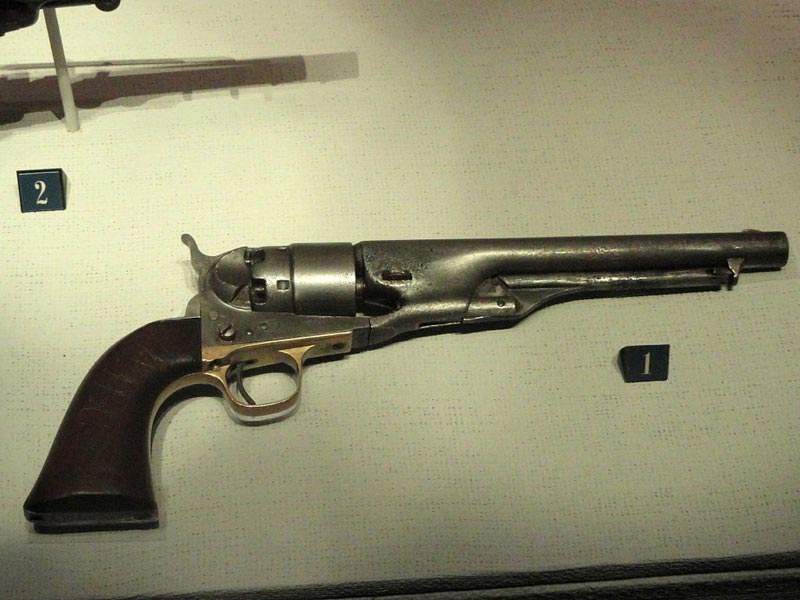
Morse Code is invented by Samuel Morse.
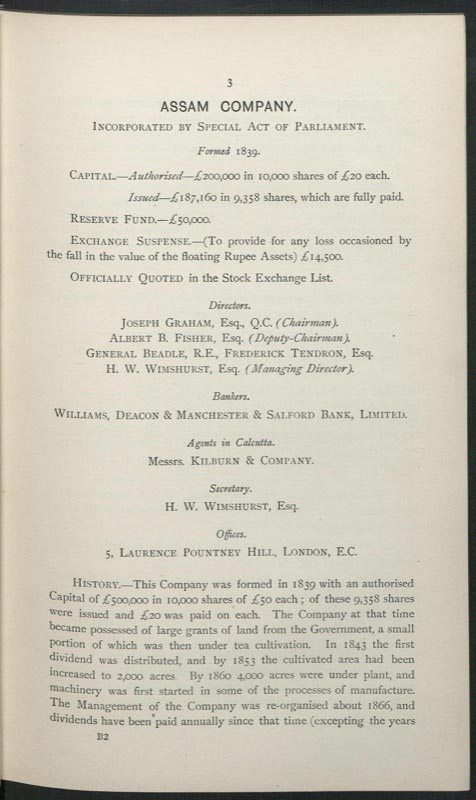
Tea plants are discovered in the Assam region of India. Tea plantations are established.
Chili powder is invented by English settlers in Texas. Paprika is made from ground Bell Peppers.

The Treaty of New Echota confirms the translocation of the Cherokee Nation from NW Georgia to the Indian Territories in what is known as the Trail of Tears.
The Texas War of Independence against Mexico.

Arkansas is added as a state of the Union.
South Australia is created as a separate state of Australia.
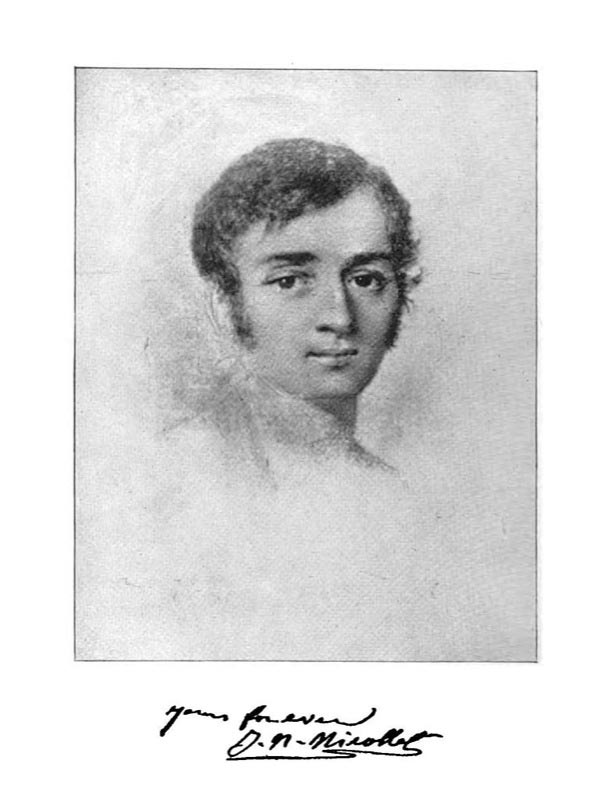
Joseph Nicollet explores the Upper Mississippi in Minnesota and the Dakotas.
British settlers establish a colony in Adelaide, South Australia.
Thomas Mitchell explores the Lachlan River and finds rich grazing lands in what is now Victoria.
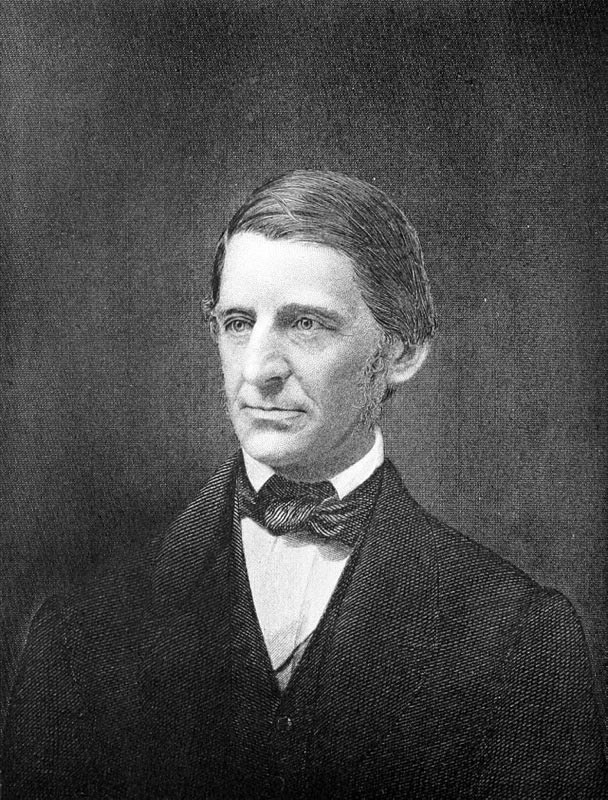
Ralph Waldo Emerson writes Nature. He is a leader of the Transcendentalist movement that includes Coleridge, Byron, Shelley, Keats, Thoreau, Ruskin, Whitman and others.
Qing empire debates, and rejects, opium legalization.
There are 542 sugar beet factories in France.

Elizabeth Barrett Browning takes morphine regularly.
The Financial Panic of 1837 precipitates the decline of the American fur trade.
Michigan is added as a state of the Union.
Reign of Queen Victoria.
John Deere & Company is founded in Moline, Illinois to make agricultural equipment.
John Avery and Hiram Pitts improve the threshing machine.
John Lawes establishes an agricultural experimental station in Rothamstead, Hertfordshire and pioneers the development of modern chemical fertilisers.

John Muir, environmentalist.
The electric telegraph is developed by Charles Wheatstone.

The British Government abolishes slavery, but freed slaves are still used to work the sugar plantations and indentured labourers are brought in from China and India.
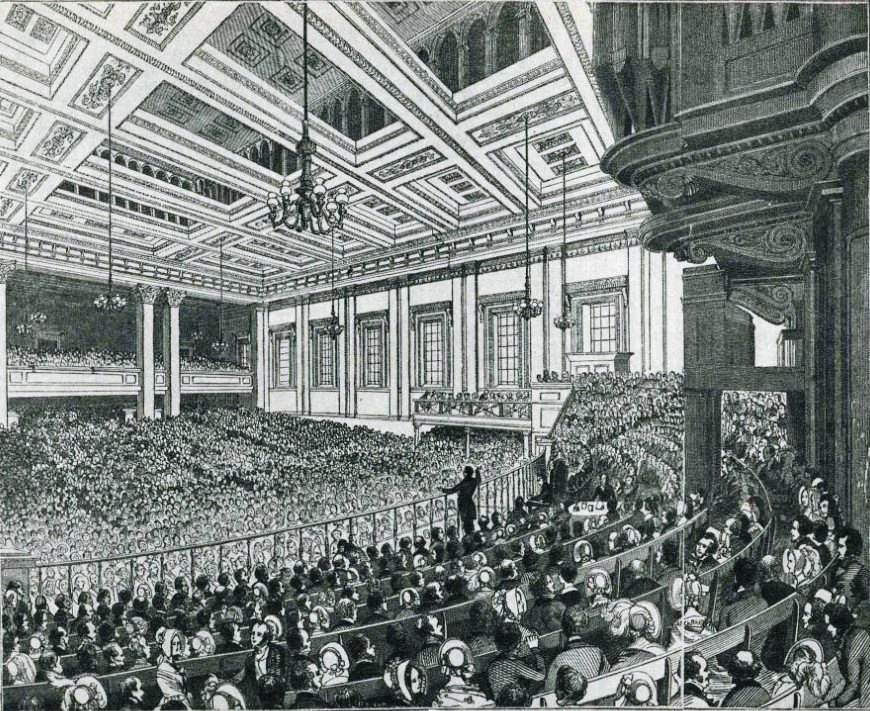
The Anti-Corn Law League is founded in Britain as control of cereal imports is causing higher food prices.
Paul Cezanne.
Vulcanisation of rubber is developed by Charles Goodyear.
First Opium War between Britain and China. Britain prevails and forces the opening of five Chinese ports for trade. Hong Kong is ceded to the British.
James Clark Ross charts the Antarctic coastline.
Confessions of a Thug is written by Captain Meadows Taylor.
Qing empire expands capital punishment to cover many more opium offenses, including consumption.
Imperial Commissioner Lin Zexu confiscates 21,603 chests of opium from foreign traffickers in Canton (Guangzhou).
The first pasta recipe with tomatoes is published.
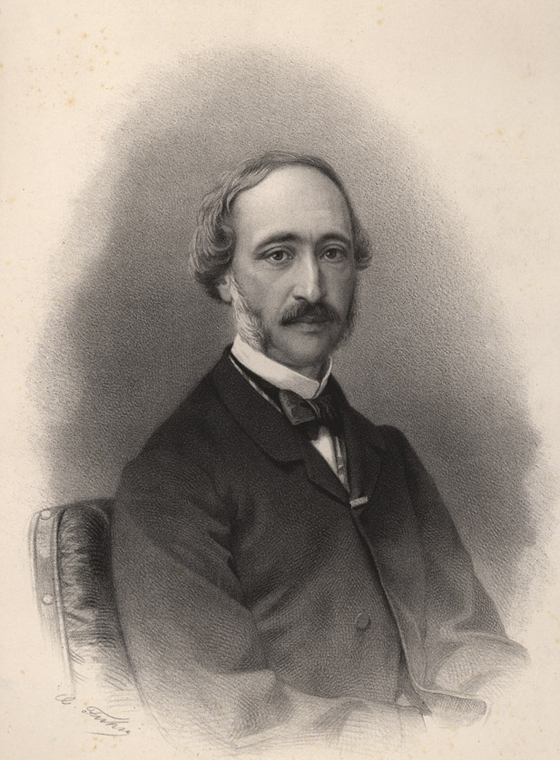
19 year-old Edmond Becquerel discovered the photovoltaic effect, a breakthrough in the evolution of solar energy. Photovoltaics are devices that transform ultraviolet radiation into electrical energy.
Pyotr Ilyich Tchaikovsky.
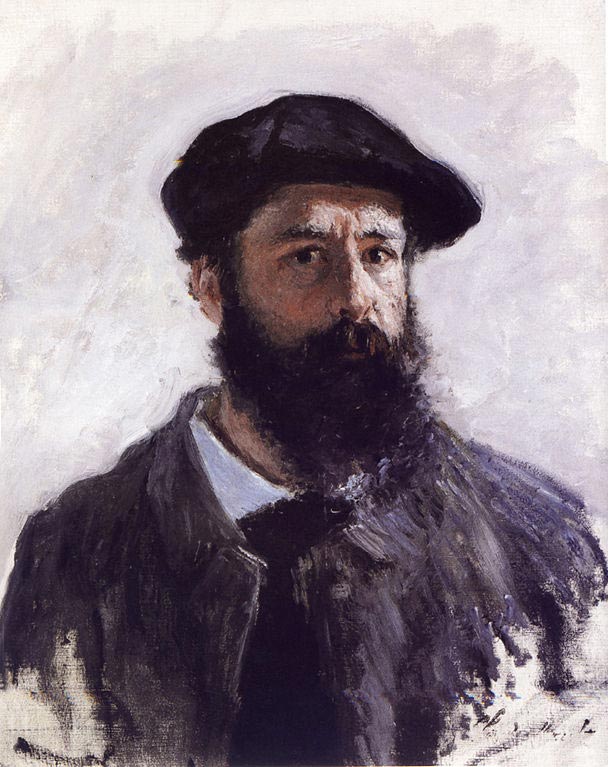
Claude Monet.
Charles Barry and Augustus Pugin commence rebuilding the Houses of Parliament in a neo-Gothic style.
Samuel Colt makes the mass-production of the revolver commercially viable.
Tea Clippers race to bring home the first fresh tea from Asia.
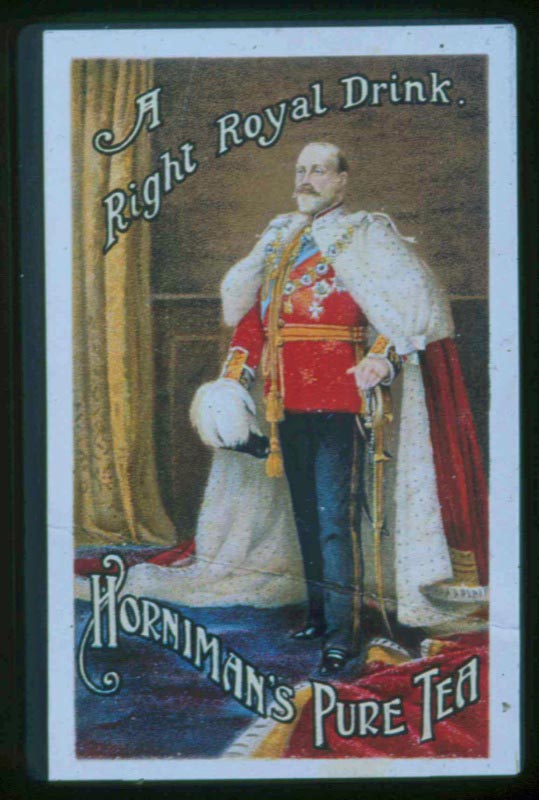
The habit of 'Afternoon Tea' with tea, sandwiches and cakes is introduced in aristocratic circles.
British planters re-establish coffee plantations in Ceylon.
Miflin Marsh invents the oldest cigar company in the US in Wheeling, West Virginia, and creates the Marsh Wheeling Cigar brand.
Cotton is used to make flour and feed sacks.

500,000 cargoes of timber leave Canada for Britain.
The Treaty of Waitangi. Maoris cede sovereignty, but not land rights, to Britain.
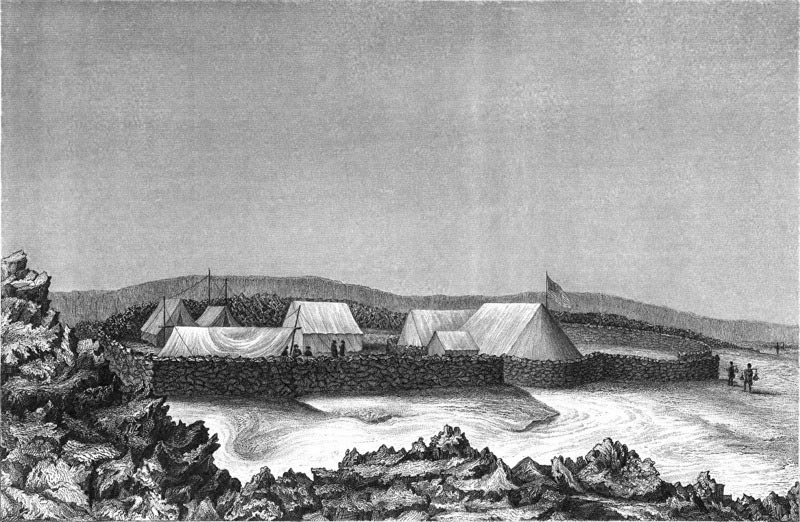
Wilkes Land, Antarctica, is named by American explorer Charles Wilkes.
Porcelain exports from China diminish with the rise of European factories and demise of trading companies.
Pierre-Auguste Renoir.
Elizabeth Dakin invents the coffee plunger.
Lead and Silver are discovered in Glen Osmond, South Australia.
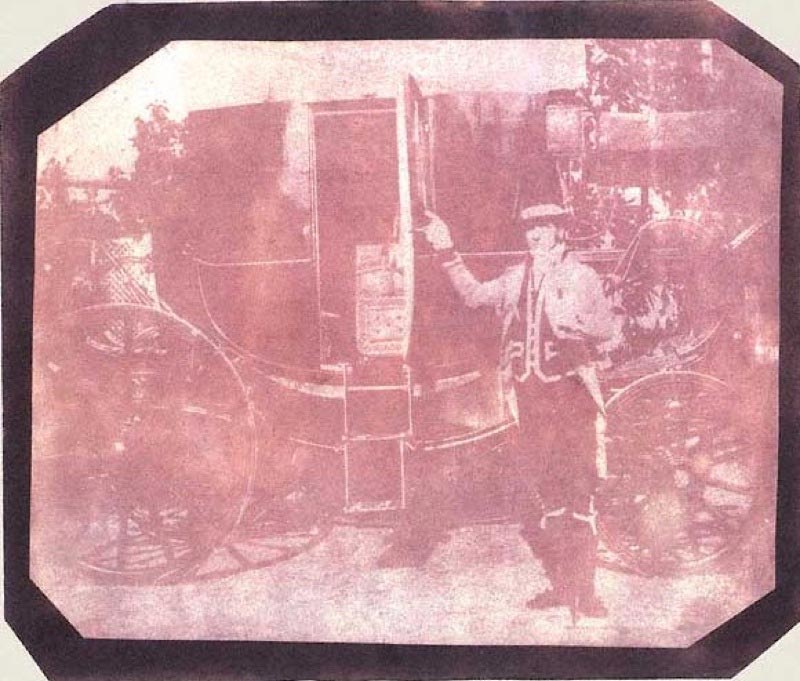
Henry Fox-Talbot patents the calotype photographic process using silver salts.
China imports an annual average of 40,484 chests of Indian opium.
A substantial order from Frederick William IV, King of Prussia, helps to boost sales of Suchard's drinking chocolate throughout Europe.
The British Government ceases to give preference to colonial timber, as it can now source timber from Scandinavia and the Baltic.
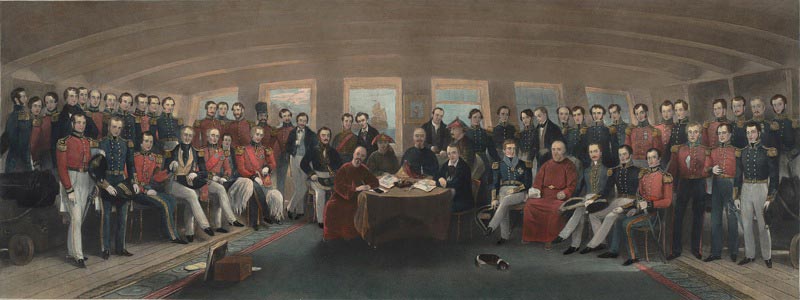
Jardine, Matheson & Co. move their main operations to Hong Kong after the cession of the island to Britain with the Treaty of Nanking.
Edwin Chadwick writes the 1842 Report on Sanitary Conditions of the Labouring Population of Great Britain.
David Fife of Ontario develops Hard Red Fife wheat for cultivation on the Prairies.
Joseph Dart and Robert Dunbar invent the Grain Elevator in Buffalo, New York, to help improve the storage and transportation of cereal crops.

The typewriter is invented by Charles Thurber.
Scottish doctor Alexander Wood pioneers the process of injecting morphine to relieve pain.
Wood pulp is widely used in the paper-making process.

The power of the Cahudiere Falls is harnessed to cut logs that have been floated down the Ottawa River.
Portland, Oregon, becomes a dry town banning alcohol.
Friedrich Nietzsche.
Charles Sturt names the Simpson Desert in Australia.
The Settlers in Canada is written by Captain Marryat.
Sprungli & Sons pastry shop in Zurich starts experimenting with chocolate - this is the beginning of Lindt & Sprungli.
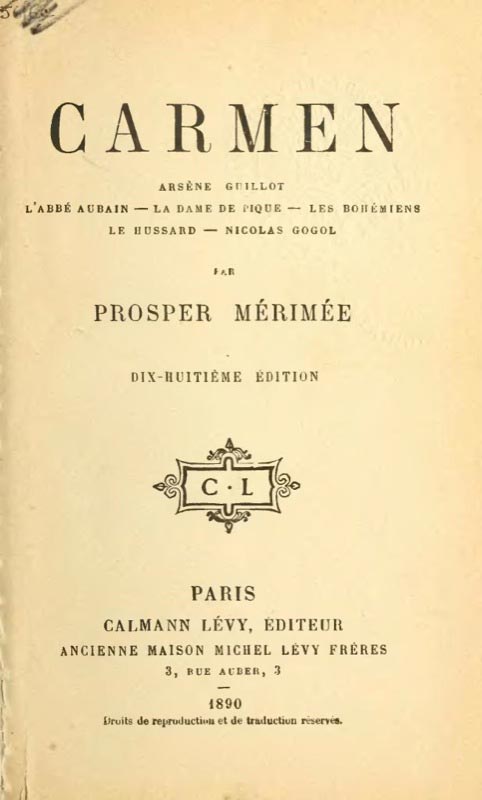
Prosper Mérimée writes Carmen about a girl in a cigar factory in Seville.
Saw mills proliferate in Canada.
Absinthe or the 'green fairy', a high alcoholic content drink flavoured with wormwood, gains popularity with artists and writers in France, known as 'bohemians'.
Florida and Texas are added as states of the Union.
John Franklin searches for the Northwest passage, but dies in the attempt. Many subsequent expeditions searched for Franklin but evidence of their fate did not emerge until the 1850s and 1860s.
African explorer Heinrich Barth starts more than 20 years of travel in North Africa, the Near East, the Sudan, Sahara and West Africa. He records many African languages for the first time.
Irish Famine. Around a million people are said to have died from starvation and epidemic disease.
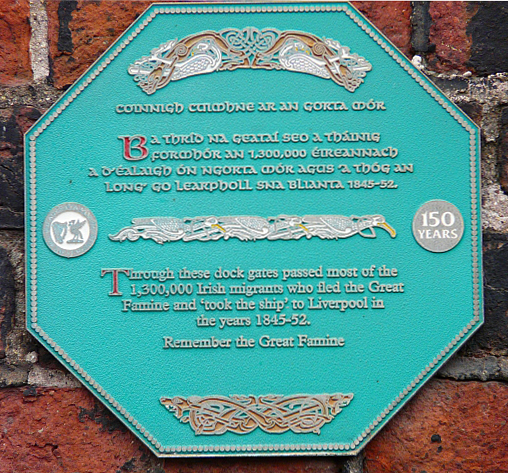
Poor harvests in Britain and the Great Famine in Ireland put pressure on the Corn Laws.
Auguste Escoffier, French culinary writer.
The sewing machine is invented by Elias Howe.
The Texas-American War ends with the addition of New Mexico and California to the US.
Iowa is added as a state of the Union.

The Oregon Treaty is signed between Britain and the US, setting the US-Canadian boundary at the 49th parallel except for Vancouver Island.
Abolition of the Corn Laws in Great Britain is a major advance for Free Trade policy.
Abraham Pineo Gesner discovers how to refine kerosene from coal.
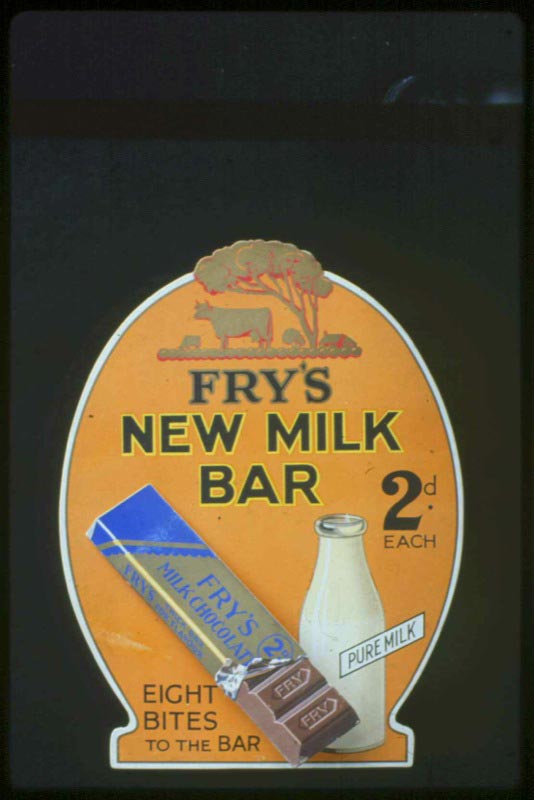
After various experiments J. S. Fry & Sons produce the first solid bar of chocolate suitable for mass production and consumption.
Philip Morris opens a tobacconists in Bond Street, London.
Daniel Massey founds a company in Newcastle, Ontario, to manufacture farm machinery.
Paul Gaugin. Famous for his sojourn in Tahiti.
John Marshall discovers gold at Sutter's Mill, Sacramento, prompting the California Gold Rush.
Republican riots in France cause the overthrow of the monarchy. Louis Napoleon Bonaparte, nephew of Napoleon, becomes President of the new Republic and is later known as Napoleon III.
Revolutions break out across Europe in France, Germany, Austria and Italy.
Wisconsin is added as a state of the Union.
Britain sends settlers to New Zealand provoking land disputes with Maori people.
The Rae-Richardson arctic expedition searches for Franklin. In 1854 Rae gets the first reports of the fate of that expedition.
California Gold Rush begins after gold is discovered at Sutter's Mill in Coloma.

August Strindberg.
J. E. Liggett & Brother is founded in St Louis, Missouri, specialising in chewing tobacco.

Huge numbers of prospectors descend on San Francisco in 1849 and are known as the forty-niners.
The bowler hat is first made by Thomas and William Bowler, to a design by William Coke.
The California Gold Rush causes a massive upsurge in requirements for timber for housing, for tools and for machinery.
Adolphe and Edouard-Jean Cointreau establish a distillery in Angers, France. The first bottles of Cointreau liqueur are sold in 1875.
Robert Louis Stevenson.
The Pioneer Steam Coffee and Spice Mills Company is founded in San Francisco.

Cotton is one of the staple crops of the South, yielding 3 million bales a year.
San Francisco's Chinatown becomes the site of numerous opium dens.
Gold is discovered in British Columbia, Canada.
The arrival of the railways opens up much of Canada for timber felling.

Lumbering starts in earnest in British Columbia.
California is added as a state of the Union.
The Taiping Rebellion. A civil war in China ends in victory for the Qing dynasty with British and French support.
Robert McClure successfully traverses the Northwest passage, partly by land, partly by sea.

A U Bergmans is founded in Stockholm, Sweden, to produce wheat crispbread.
Increasing trend for early Chinese porcelain as art and collectors' pieces.